Creating a bedroom that promotes deep relaxation requires thoughtful design choices that soothe the senses and calm the mind. Your bedroom serves as your personal sanctuary from daily stresses, making it essential to cultivate an environment that encourages restful sleep and peaceful moments. The right combination of colors, textures, lighting, and furnishings can transform any sleeping space into a tranquil retreat. Whether you prefer minimalist simplicity or cozy warmth, there are countless ways to design a bedroom that promotes relaxation and well-being. From soft color palettes that reduce anxiety to smart lighting systems that support your natural sleep cycle, every element plays a crucial role in creating your ideal peaceful haven. The following ideas explore various approaches to bedroom design, each focusing on specific elements that contribute to relaxation and comfort in your most personal space.
1. Soft Blue Serene Sanctuary

Could anything be more calming than the gentle embrace of soft blue walls that mirror a peaceful sky? This color choice creates an instantly soothing atmosphere that helps lower stress levels and promotes better sleep quality. The psychology behind blue tones shows they naturally reduce blood pressure and heart rate, making them perfect for bedroom environments. Pair powder blue walls with crisp white bedding and light wood furniture to maintain an airy, spacious feeling. Add texture through linen curtains and a plush area rug in complementary neutral tones. This combination creates a cloud-like environment where worries simply drift away.
2. Neutral Minimalist Haven
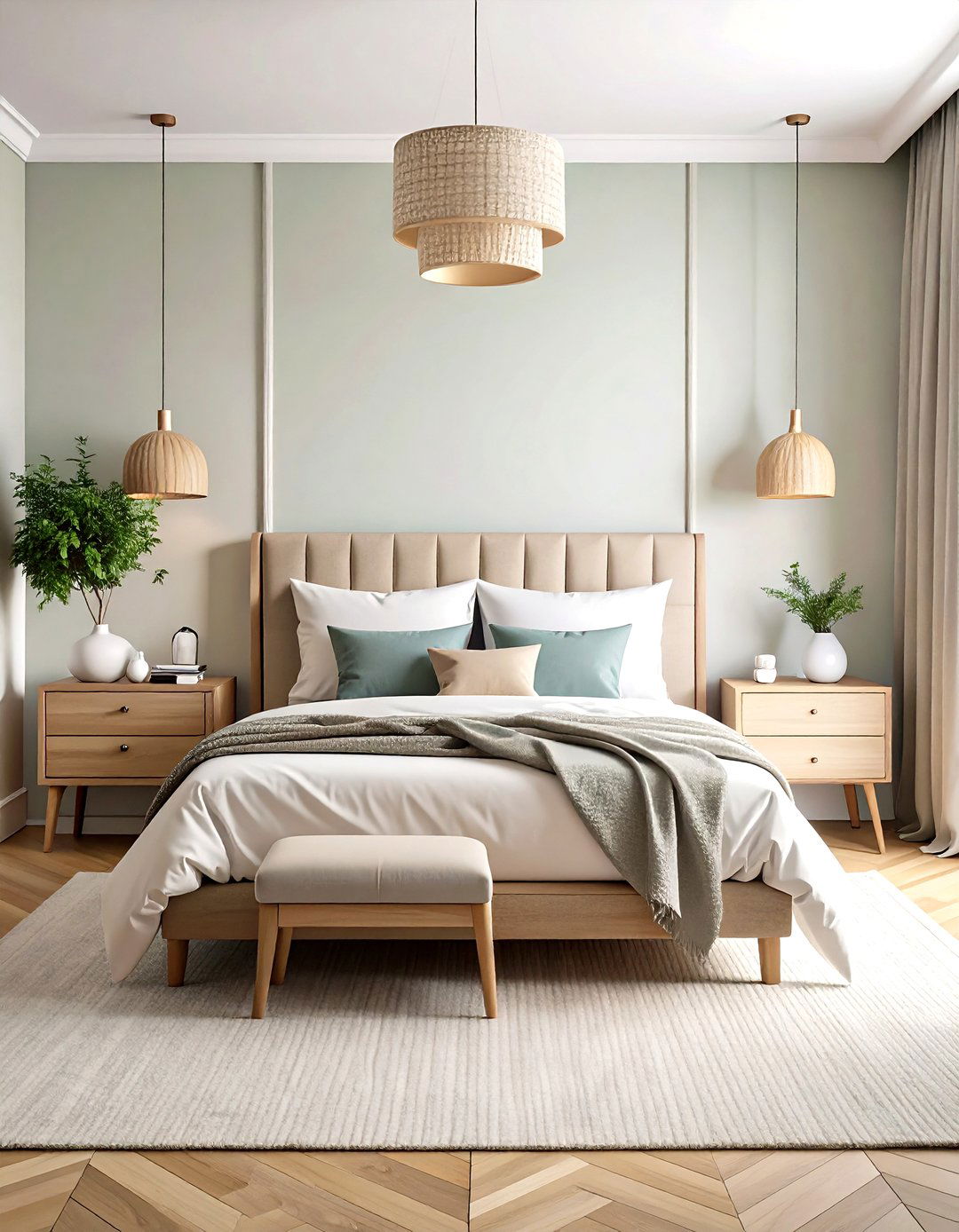
What if less truly means more when it comes to bedroom tranquility? A neutral palette featuring whites, beiges, and soft grays eliminates visual clutter while creating a clean, peaceful environment. Choose furniture with simple lines and hidden storage to maintain the uncluttered aesthetic. Layer different textures through bedding, throw pillows, and natural fiber rugs to add depth without overwhelming the space. The absence of bold colors allows your mind to rest easier, while the simplified design reduces decision fatigue. This approach creates a timeless space that feels both sophisticated and deeply calming.
3. Earthy Natural Textures
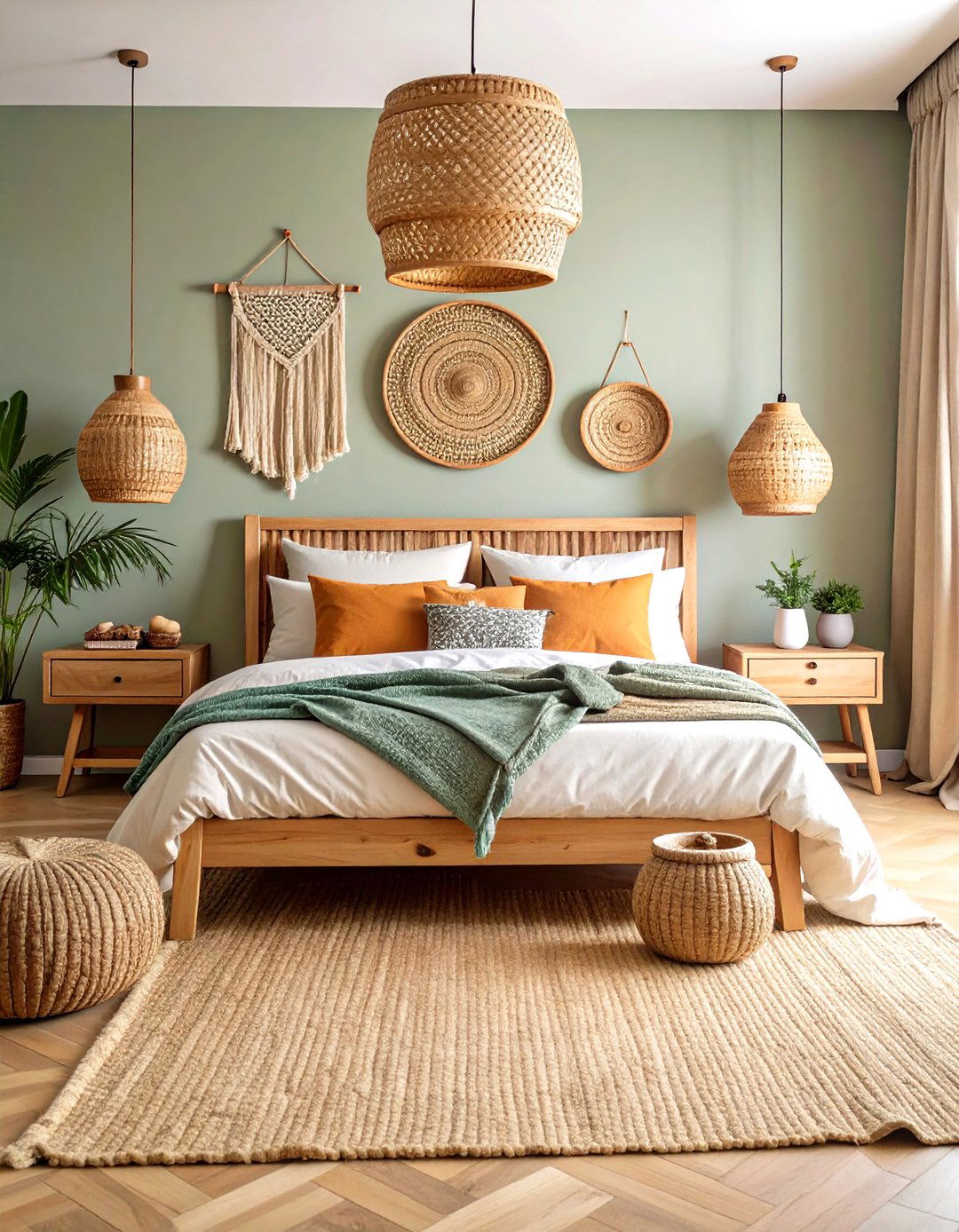
Why not bring the grounding energy of nature directly into your sleeping space? Incorporate organic materials like jute rugs, linen bedding, and reclaimed wood furniture to create an earthy, connected atmosphere. Natural textures engage the senses positively while promoting feelings of stability and peace. Layer woven baskets, cotton throws, and bamboo accessories to build visual interest through texture rather than color. The tactile quality of these materials creates a comforting environment that feels both luxurious and unpretentious. This natural approach helps you feel more grounded and connected to the peaceful rhythms of the natural world.
4. Ambient Lighting Layers

Have you considered how dramatically the right lighting can transform your bedroom's mood? Create multiple lighting layers using dimmable overhead fixtures, warm bedside lamps, and subtle accent lighting behind furniture. Install smart bulbs that can be adjusted from 2700K to 3000K for optimal relaxation without harsh blue light exposure. Use table lamps with fabric shades to create soft, diffused light that eliminates glare and sharp shadows. Add LED strip lights behind the headboard for gentle nighttime illumination. This layered approach allows you to customize the ambiance throughout the day, supporting your natural circadian rhythm.
5. Scandinavian Simplicity

What makes Scandinavian design so universally calming and appealing? This style emphasizes clean lines, functional beauty, and cozy comfort through thoughtful design choices. Choose light wood furniture, white or light gray walls, and simple geometric patterns in textiles. The concept of "hygge" influences every element, creating warmth through soft lighting, comfortable textiles, and natural materials. Add a sheepskin throw, simple ceramic vases, and perhaps a single piece of abstract art. The restrained color palette and focus on functionality create a bedroom that feels both stylish and deeply peaceful, proving that simplicity can be profoundly beautiful.
6. Warm Gray Retreat

Could gray be the most versatile and calming color for bedroom walls? Choose warm gray tones with subtle undertones of beige or taupe to create depth without overwhelming the space. This sophisticated color provides the perfect backdrop for layering textures and adding personality through accessories. Pair warm gray walls with white trim and ceiling to maintain brightness while adding visual interest. Include soft textiles in cream, white, and muted pastels to create a cohesive, peaceful environment. The neutral quality of warm gray allows other design elements to shine while providing a consistently calming foundation that never feels cold or stark.
7. Sage Green Tranquility

Why does sage green instantly transport you to a peaceful garden sanctuary? This muted green shade combines the calming properties of blue with the renewal energy of green, creating perfect bedroom harmony. The color naturally reduces eye strain and promotes feelings of balance and restoration. Paint one accent wall in sage green while keeping others neutral, or incorporate the color through bedding and curtains. Pair with natural wood elements, white linens, and perhaps some actual plants to enhance the nature-inspired theme. This organic color choice helps create a bedroom that feels like a restorative retreat from urban stress.
8. Organic Modern Elegance
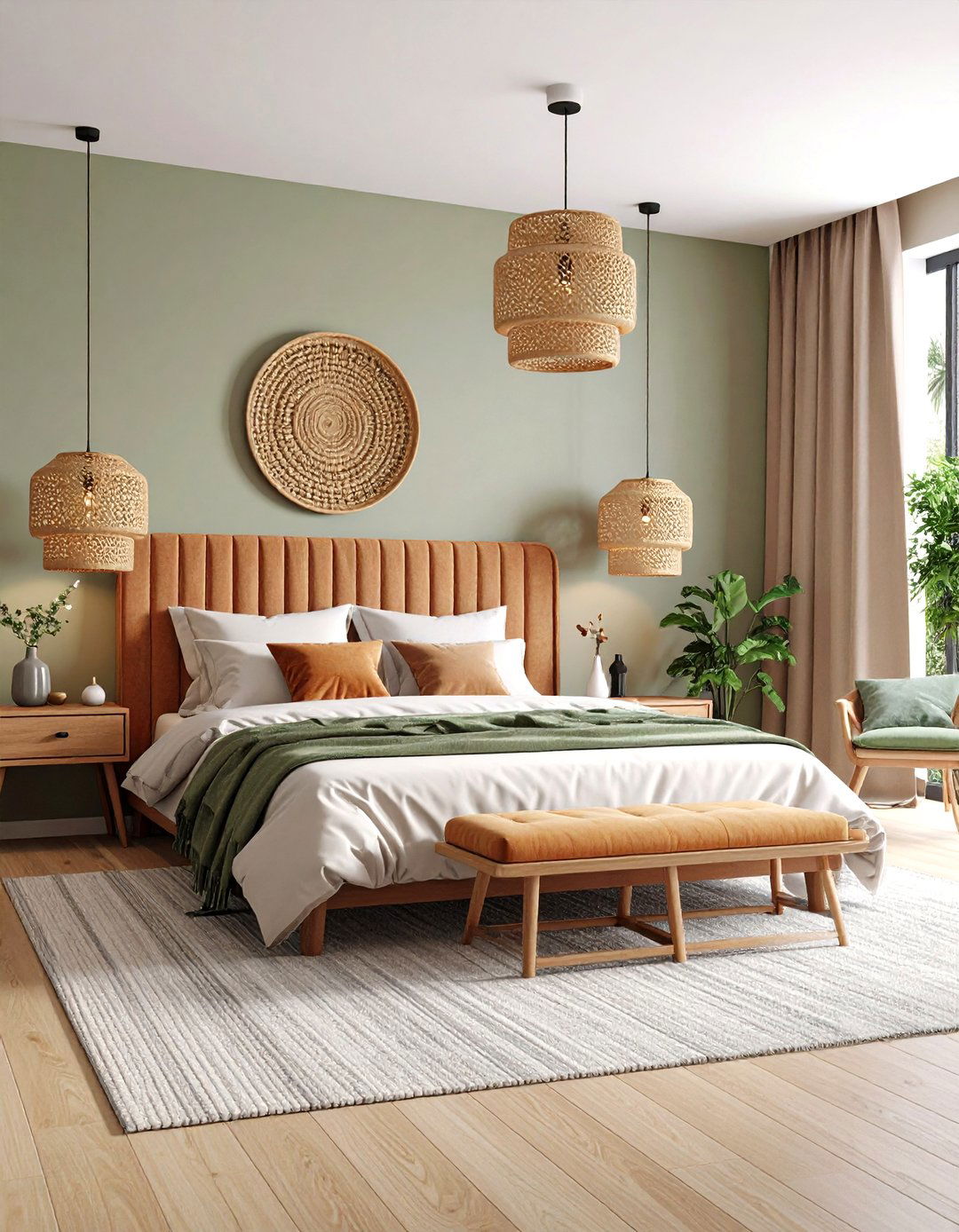
What happens when minimalism meets the warmth of natural elements? Organic modern design combines clean architectural lines with soft, curved furniture and natural materials for the perfect relaxing bedroom aesthetic. Choose a platform bed with rounded edges, pair sleek nightstands with textured table lamps, and add live plants for organic contrast. The style emphasizes neutral colors, varied textures, and the beauty of imperfection found in natural materials. Include woven elements, stone accessories, and soft lighting to create a space that feels both contemporary and timelessly peaceful. This balanced approach provides sophistication without sacrificing comfort or warmth.
9. Cozy Textile Layers
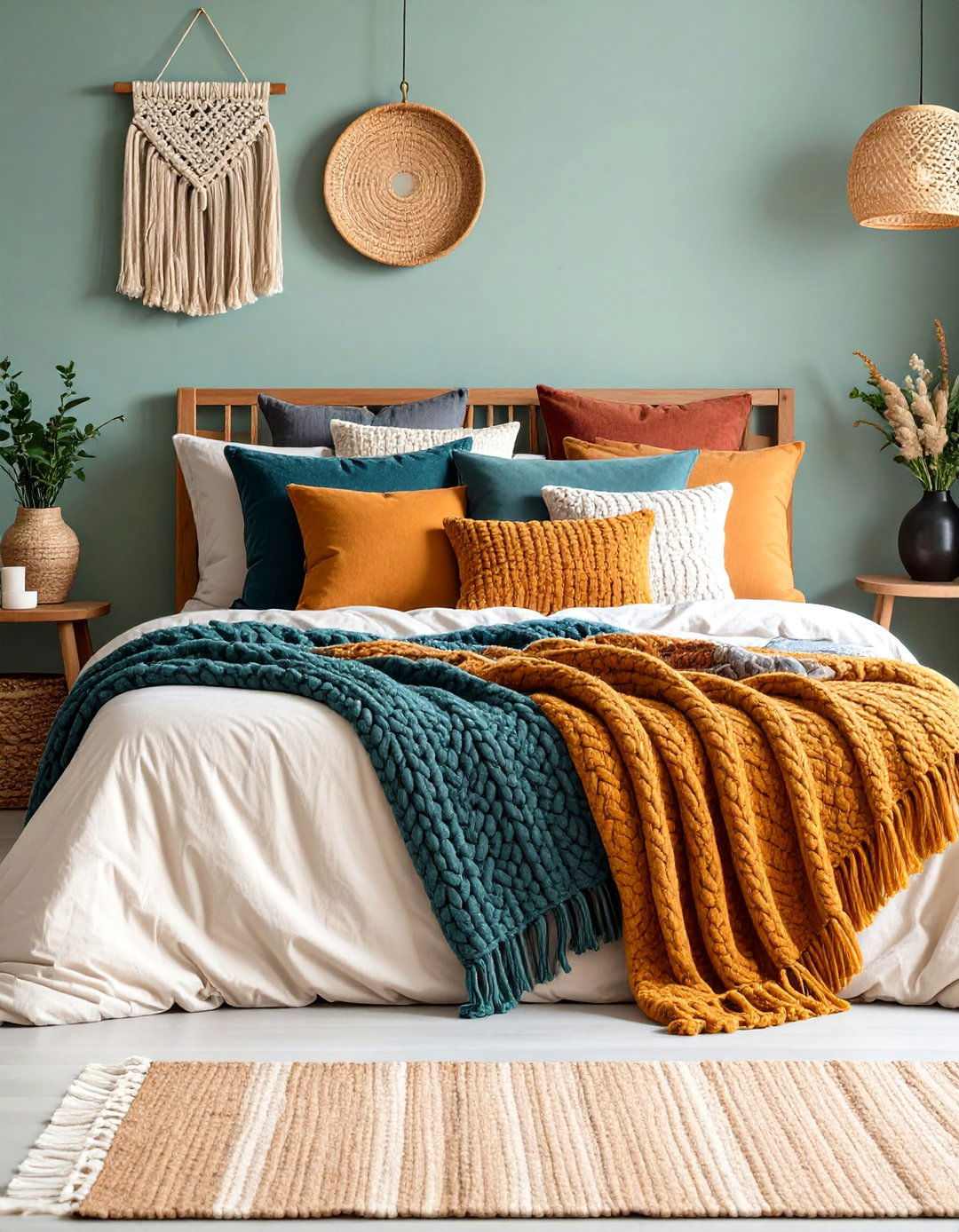
Have you ever noticed how the right textiles can instantly make a space feel more inviting? Create a cocoon-like atmosphere by layering different textures and fabrics throughout your bedroom design. Start with high-quality sheets in natural fibers, add a chunky knit throw, include various pillow textures, and place a soft area rug beside the bed. Mix materials like cotton, linen, wool, and cashmere to create tactile interest while maintaining a cohesive color scheme. The key is balancing different weights and textures to create visual depth while ensuring everything feels soft and inviting to the touch.
10. Smart Lighting Control

Could technology actually enhance your bedroom's relaxation potential rather than detract from it? Install smart lighting systems that automatically adjust throughout the day to support your natural sleep-wake cycle. Program lights to gradually brighten in the morning and slowly dim in the evening, mimicking natural sunlight patterns. Use voice control or smartphone apps to adjust brightness and color temperature without leaving bed. Include motion sensors for safe nighttime navigation and blackout automation for deeper sleep. The convenience of controlling every aspect of your lighting environment helps eliminate stress while supporting healthier sleep patterns through properly timed light exposure.
11. Lavender Calm

What if a single color could instantly transform your stress levels? Incorporate soft lavender tones through wall paint, bedding, or accent pieces to create a naturally calming environment. This gentle purple shade has been scientifically shown to reduce anxiety and promote relaxation, making it ideal for bedroom spaces. Pair lavender with soft grays, whites, and silver accents to create a sophisticated palette that never feels overwhelming. The color works beautifully with natural light and creates a dreamy, ethereal atmosphere perfect for unwinding. Add actual lavender plants or lavender-scented elements to enhance the sensory experience and promote deeper relaxation through aromatherapy benefits.
12. Platform Bed Zen

Why does sleeping closer to the ground feel so naturally peaceful? A low platform bed creates a grounded, zen-like atmosphere while making your bedroom ceiling appear higher and more spacious. This minimalist furniture choice eliminates visual clutter while providing excellent support and storage options. Choose designs with built-in nightstands or drawers to maximize functionality without adding extra furniture pieces. The clean lines and low profile create a modern aesthetic that promotes feelings of stability and calm. Pair with floor cushions for reading areas and keep other furniture minimal to maintain the peaceful, uncluttered atmosphere that supports better sleep quality.
13. Natural Wood Warmth
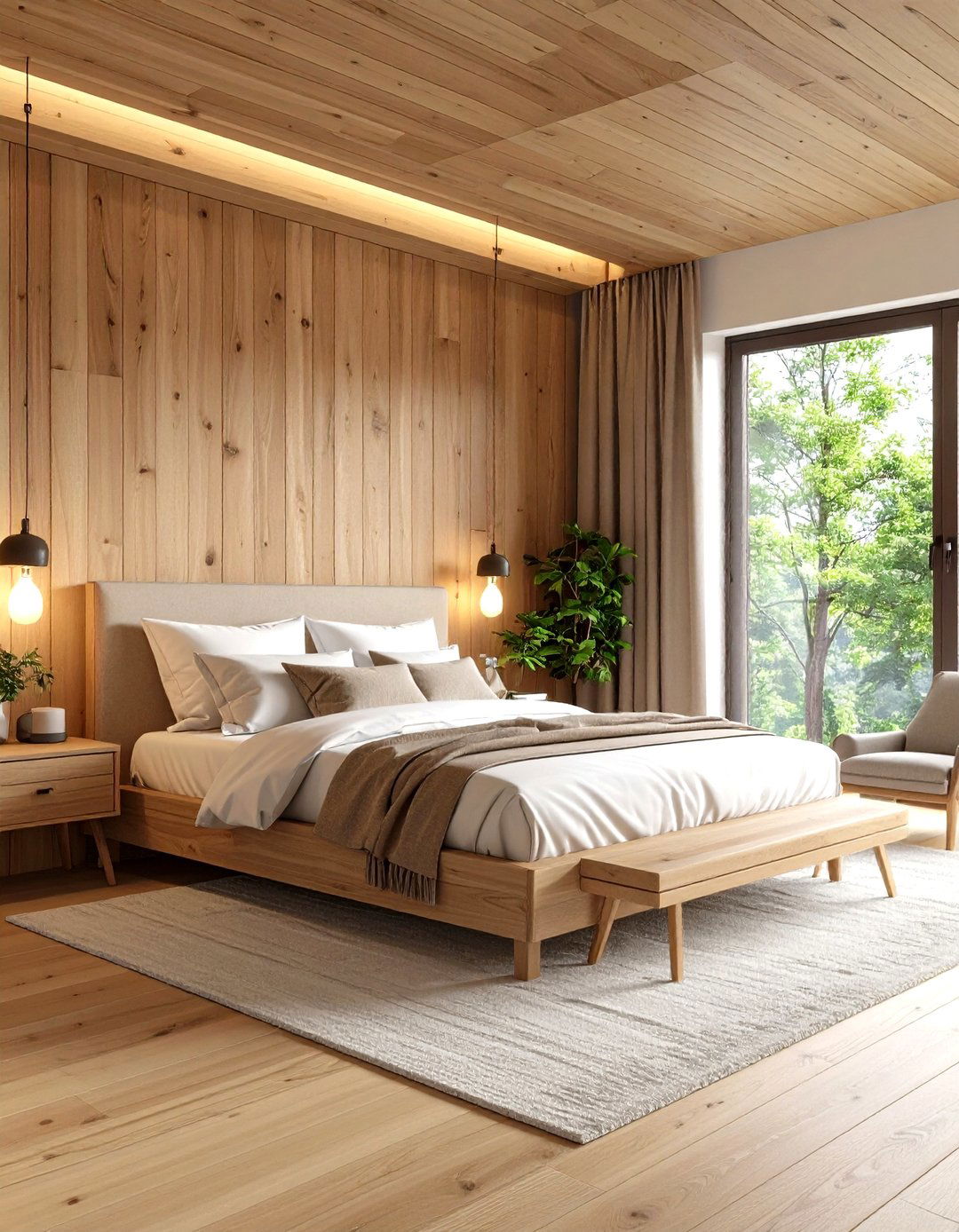
Could the simple presence of wood transform your bedroom into a forest retreat? Incorporate natural wood elements through furniture, accent walls, or decorative pieces to add warmth and organic beauty. Wood grain patterns provide subtle visual interest while maintaining a calming, natural atmosphere. Choose lighter woods like oak or pine for Scandinavian influence, or select darker walnut for more dramatic warmth. The natural material helps regulate humidity and adds timeless appeal that never goes out of style. Balance wooden elements with soft textiles and neutral colors to create a harmonious environment that feels both sophisticated and deeply connected to nature.
14. White Dreamy Escape
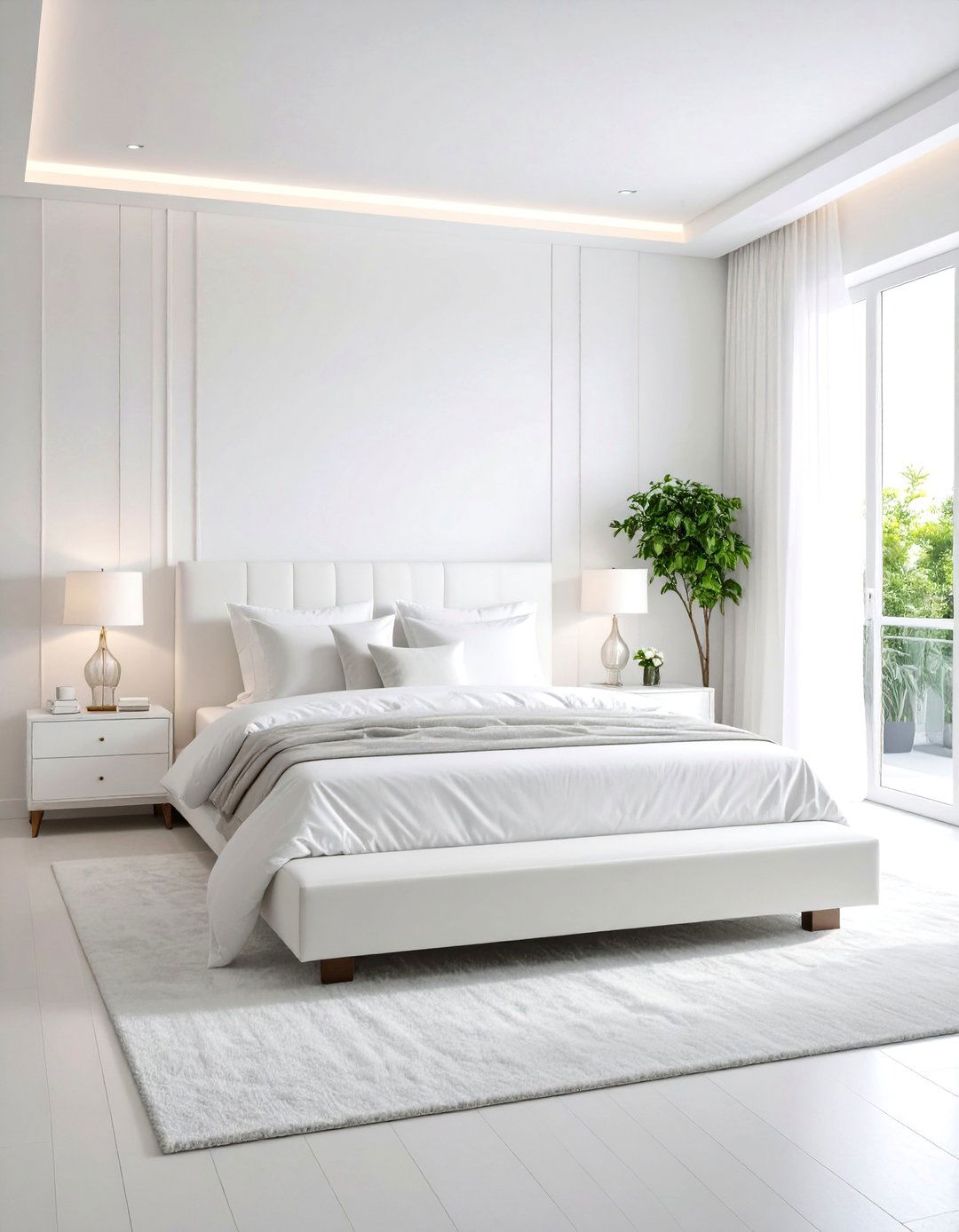
What makes an all-white bedroom feel like sleeping in a cloud? This classic approach creates maximum brightness while providing a blank canvas for texture and subtle accent colors. Layer different shades of white and cream to add depth without breaking the serene color scheme. Include various textures through bedding, curtains, and rugs to prevent the space from feeling stark or cold. The clean, pure atmosphere promotes mental clarity while the brightness helps regulate your natural circadian rhythms. Add warm lighting and perhaps a single piece of artwork to create personality while maintaining the peaceful, dreamlike quality that makes white bedrooms so timelessly appealing.
15. Biophilic Green Space
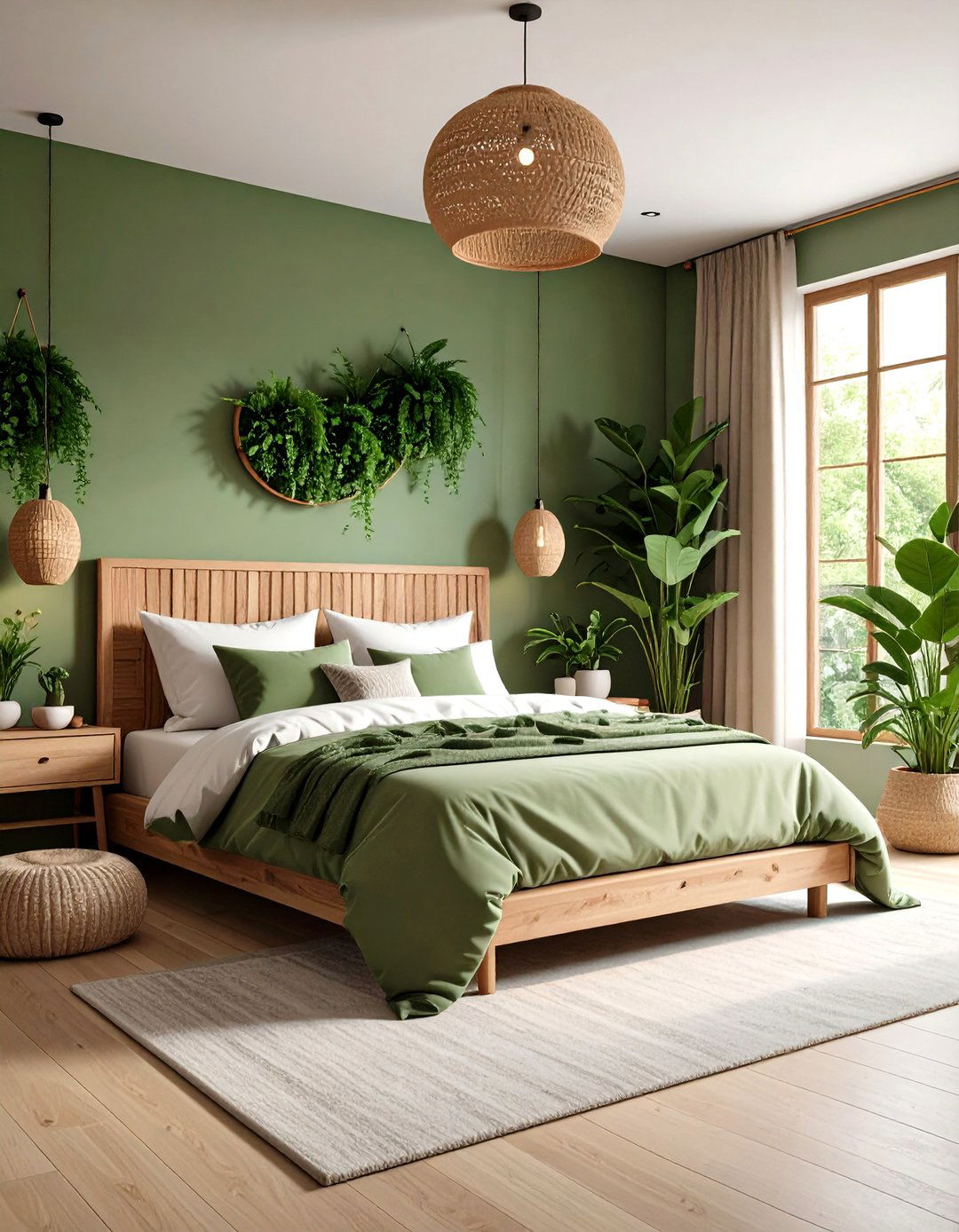
Why not create a bedroom that literally breathes with you? Incorporate multiple plants, natural materials, and earth-inspired colors to strengthen your connection with nature. Choose low-maintenance plants like snake plants or pothos that purify air while requiring minimal care. The presence of living plants has been proven to reduce stress, improve air quality, and promote better sleep. Combine greenery with natural wood furniture, stone accessories, and organic cotton textiles to create a comprehensive nature-inspired environment. The biophilic design approach recognizes our innate need for natural connection and creates a bedroom that supports both physical and mental well-being.
16. Warm Beige Comfort
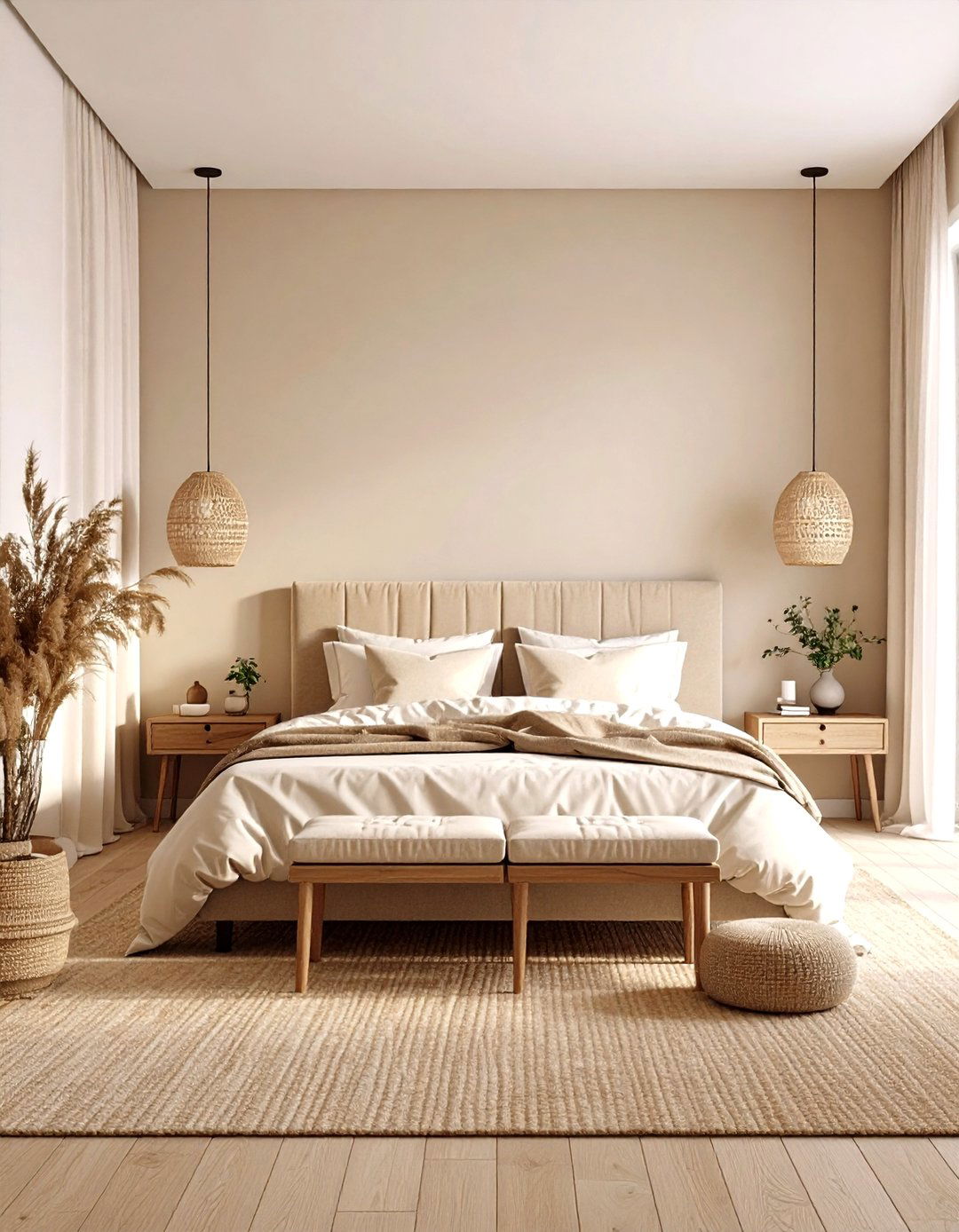
Could beige be the most underrated color for creating bedroom serenity? This versatile neutral provides warmth without overwhelming the senses, creating perfect backdrop for relaxation. Modern beige goes far beyond boring, offering sophisticated undertones that complement any design style. Layer different beige shades through walls, bedding, and accessories to create depth and visual interest. The color naturally makes spaces feel larger while providing psychological comfort and stability. Pair with natural textures, warm lighting, and perhaps a single accent color like soft blue or sage green. This timeless approach creates a bedroom that feels like a warm, comforting embrace every time you enter.
17. Dark Moody Cocoon
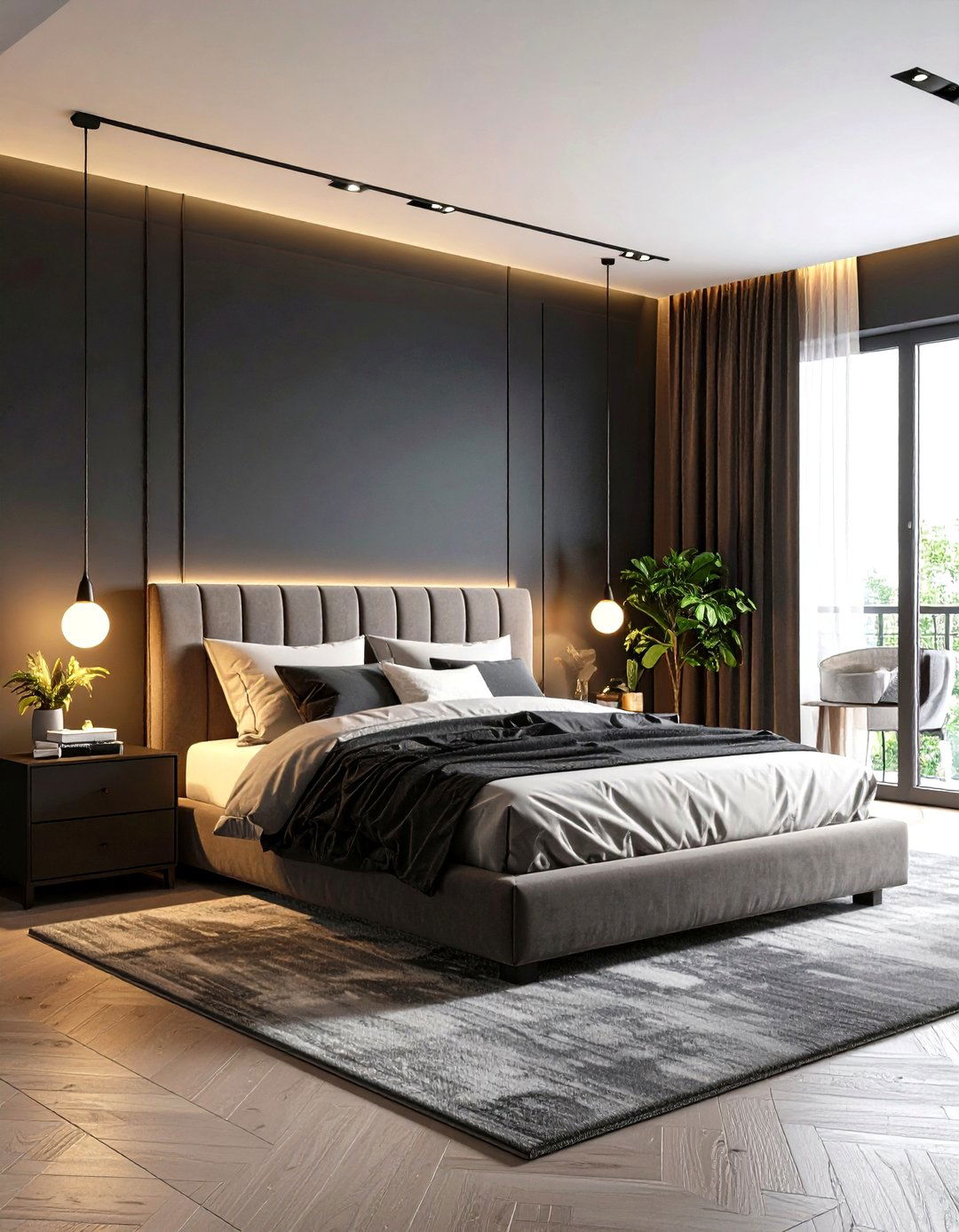
What if darkness could actually enhance your sense of security and relaxation? Create a dramatic, cocoon-like atmosphere using deep colors like charcoal, navy, or forest green for walls and major furniture pieces. This bold approach eliminates external distractions while creating an intimate, protective environment perfect for deep sleep. Balance dark colors with warm lighting, light-colored bedding, and metallic accents to prevent the space from feeling heavy or oppressive. The envelope of darkness naturally triggers melatonin production and creates a sense of safety that many find deeply comforting. This sophisticated approach proves that darker colors can be just as calming as lighter ones.
18. Floating Furniture

How does furniture that appears to float contribute to bedroom tranquility? Wall-mounted nightstands, floating dressers, and beds with hidden support create an airy, uncluttered appearance that promotes mental clarity. This design approach makes cleaning easier while creating the illusion of more space and better energy flow. The minimalist aesthetic reduces visual weight and creates clean sight lines that help calm an overactive mind. Choose furniture with clean edges and simple forms to enhance the floating effect. Add under-furniture lighting to emphasize the weightless appearance and create subtle ambient illumination. This modern approach proves that what you don't see can be just as important as what you do.
19. Sunset Color Palette

Could recreating a peaceful sunset in your bedroom transform your sleep experience? Use warm colors like soft peach, coral, and golden yellow to create a naturally calming environment that mimics the day's end. These colors naturally signal to your brain that it's time to wind down and prepare for rest. Paint walls in the softest shade and add deeper sunset tones through textiles and accessories. The warm color temperature promotes melatonin production while creating a cozy, nurturing atmosphere. Combine with natural materials and soft lighting to enhance the sunset effect. This approach creates a bedroom that feels like a perpetual golden hour retreat.
20. Blackout Curtain Serenity
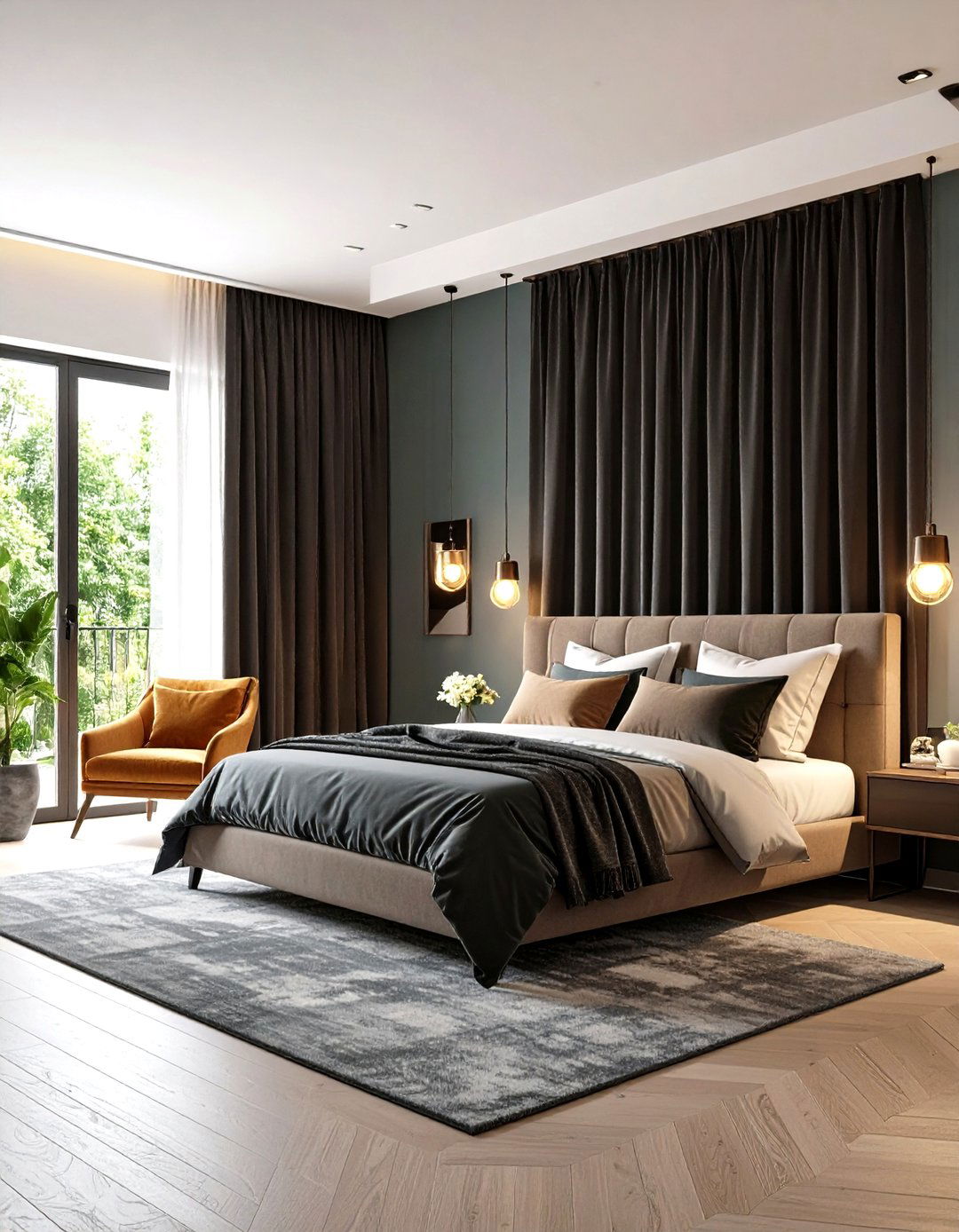
Why is complete darkness so crucial for quality sleep and bedroom relaxation? Install high-quality blackout curtains that eliminate all external light while adding softness and color to your bedroom design. Choose curtains in calming colors that complement your overall design scheme while providing complete light control. Layer with sheer curtains for daytime privacy without blocking natural light completely. The ability to create total darkness on demand supports better sleep quality and allows for comfortable daytime rest when needed. Quality blackout curtains also provide noise reduction and temperature control benefits that enhance overall bedroom comfort and tranquility.
21. Floor Lighting Ambiance

What makes lighting at floor level so uniquely calming and atmospheric? Create ambient illumination using floor lamps, uplighting, and strategically placed accent lights that cast gentle shadows and warm glows throughout your bedroom. This indirect lighting approach eliminates harsh overhead illumination while creating a soft, romantic atmosphere perfect for relaxation. Use table lamps on low surfaces, floor-standing uplights, and even candles to create multiple pools of warm light. The lower light sources create intimate scale and prevent glare that can interfere with sleep preparation. This layered approach to illumination transforms your bedroom into a peaceful sanctuary with professional-quality ambiance.
22. Textured Wall Features
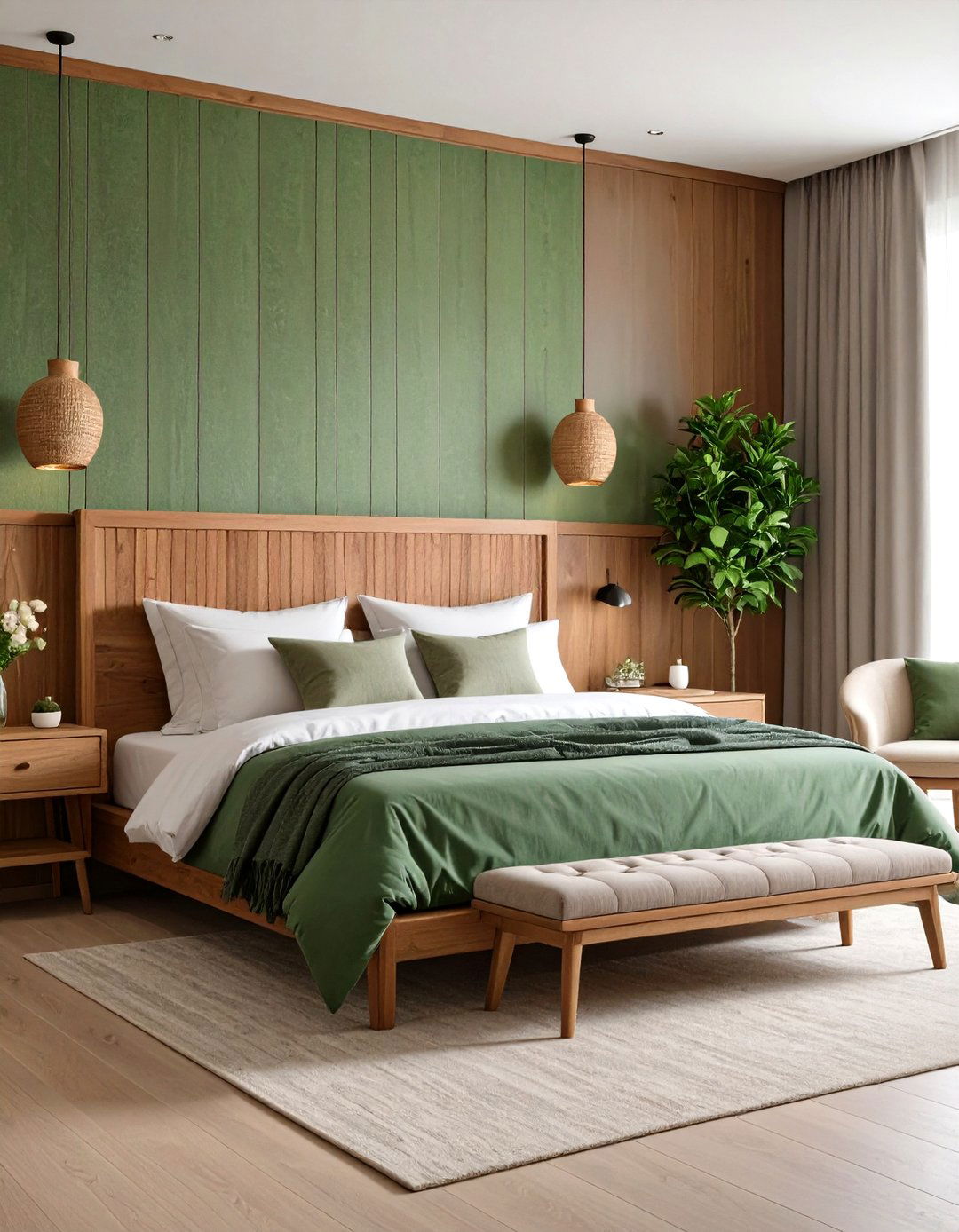
Could the right wall treatment become your bedroom's most calming design element? Create visual interest and tactile appeal through textured wallpaper, wood paneling, or architectural details that add depth without overwhelming the space. Choose subtle textures in neutral colors that complement rather than compete with your other design elements. Textured walls provide acoustic benefits that help create a quieter, more peaceful environment while adding sophisticated visual appeal. Consider options like grasscloth wallpaper, shiplap paneling, or even fabric wall coverings that invite touch and create warmth. The three-dimensional quality adds richness and character while maintaining the serene atmosphere essential for relaxation.
23. Aromatherapy Integration
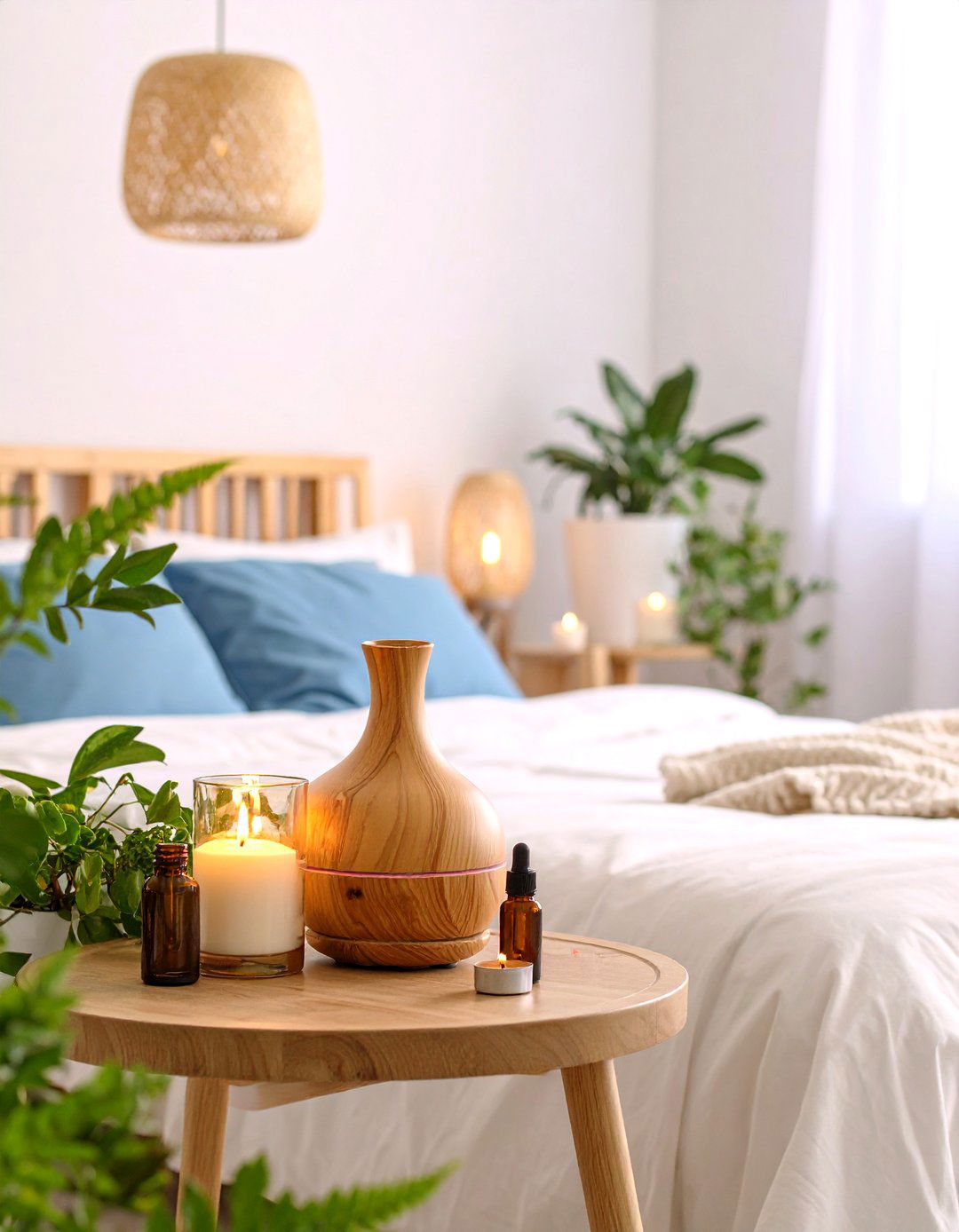
How can scent transform your bedroom into a spa-like retreat? Integrate natural aromatherapy through essential oil diffusers, scented candles, or fresh plants that release calming fragrances. Choose relaxing scents like lavender, chamomile, or eucalyptus that have been proven to reduce stress and promote better sleep quality. Create designated areas for aromatherapy elements that complement your overall design aesthetic rather than cluttering surfaces. The power of scent works directly on the limbic system to trigger relaxation responses and create positive associations with your bedroom space. This sensory approach adds another layer of luxury and relaxation to your personal sanctuary.
24. Reading Nook Sanctuary

What could be more relaxing than having a dedicated space for peaceful reading within your bedroom? Create a cozy corner with comfortable seating, good lighting, and easy access to your favorite books or magazines. Choose a comfortable chair or chaise lounge with soft cushions and a side table for beverages and reading materials. Install focused task lighting that eliminates eye strain while creating a warm, inviting atmosphere. This dedicated relaxation zone provides an alternative to bed for quiet activities and helps establish healthy boundaries between sleep and other bedroom activities. The reading nook becomes a peaceful retreat within your retreat.
Conclusion:
Transforming your bedroom into a relaxing sanctuary requires thoughtful attention to color, lighting, texture, and functional design elements. Each approach offers unique benefits for promoting better sleep and reducing daily stress. Whether you prefer the simplicity of minimalist design or the warmth of natural textures, the key lies in creating a cohesive environment that supports your personal relaxation needs. Remember that the most effective relaxing bedroom combines multiple elements working together harmoniously. Start with one or two concepts that resonate most strongly with you, then gradually layer additional elements as your space evolves. Your bedroom should reflect your personal style while prioritizing comfort, tranquility, and the restorative sleep that supports your overall well-being and happiness.


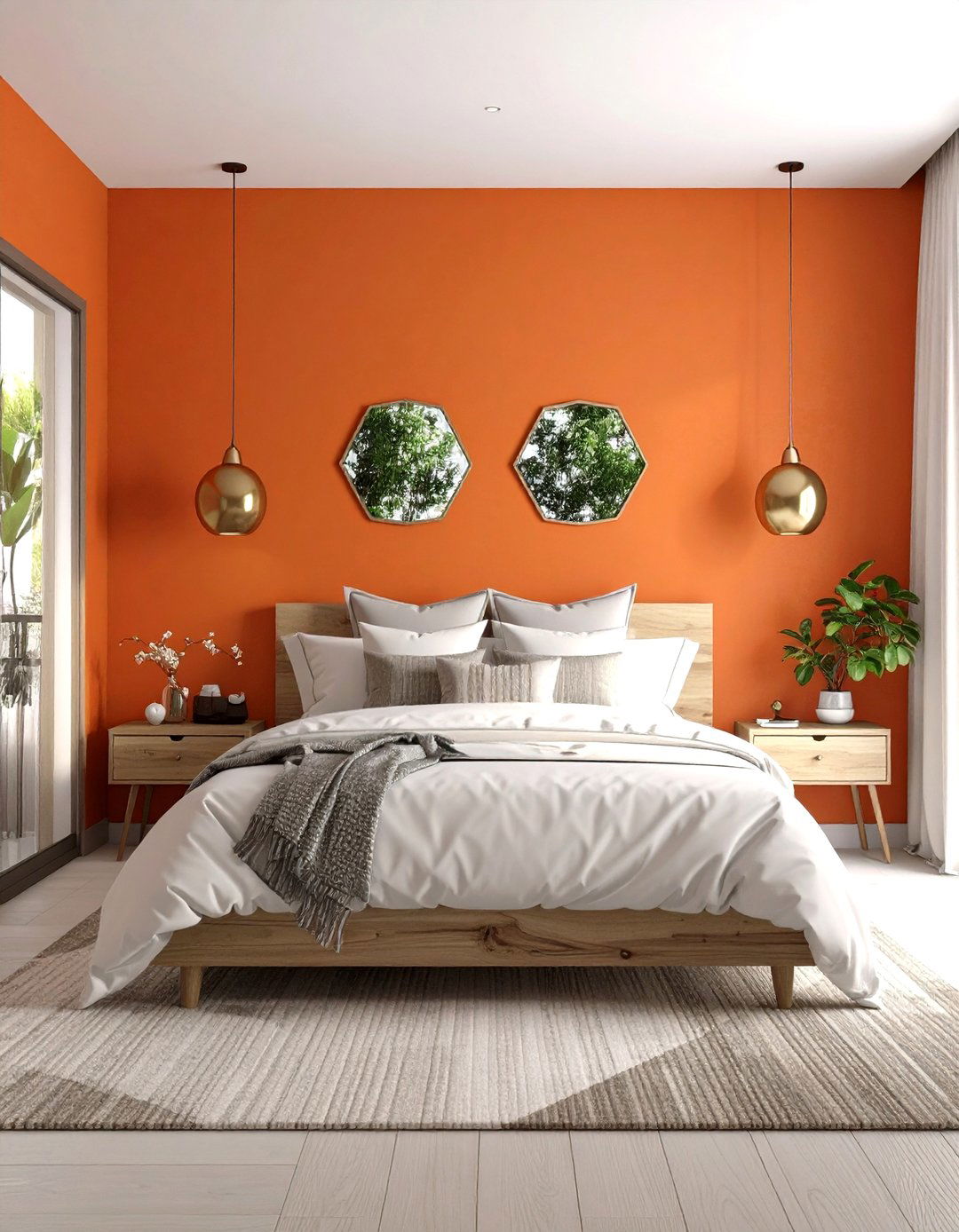
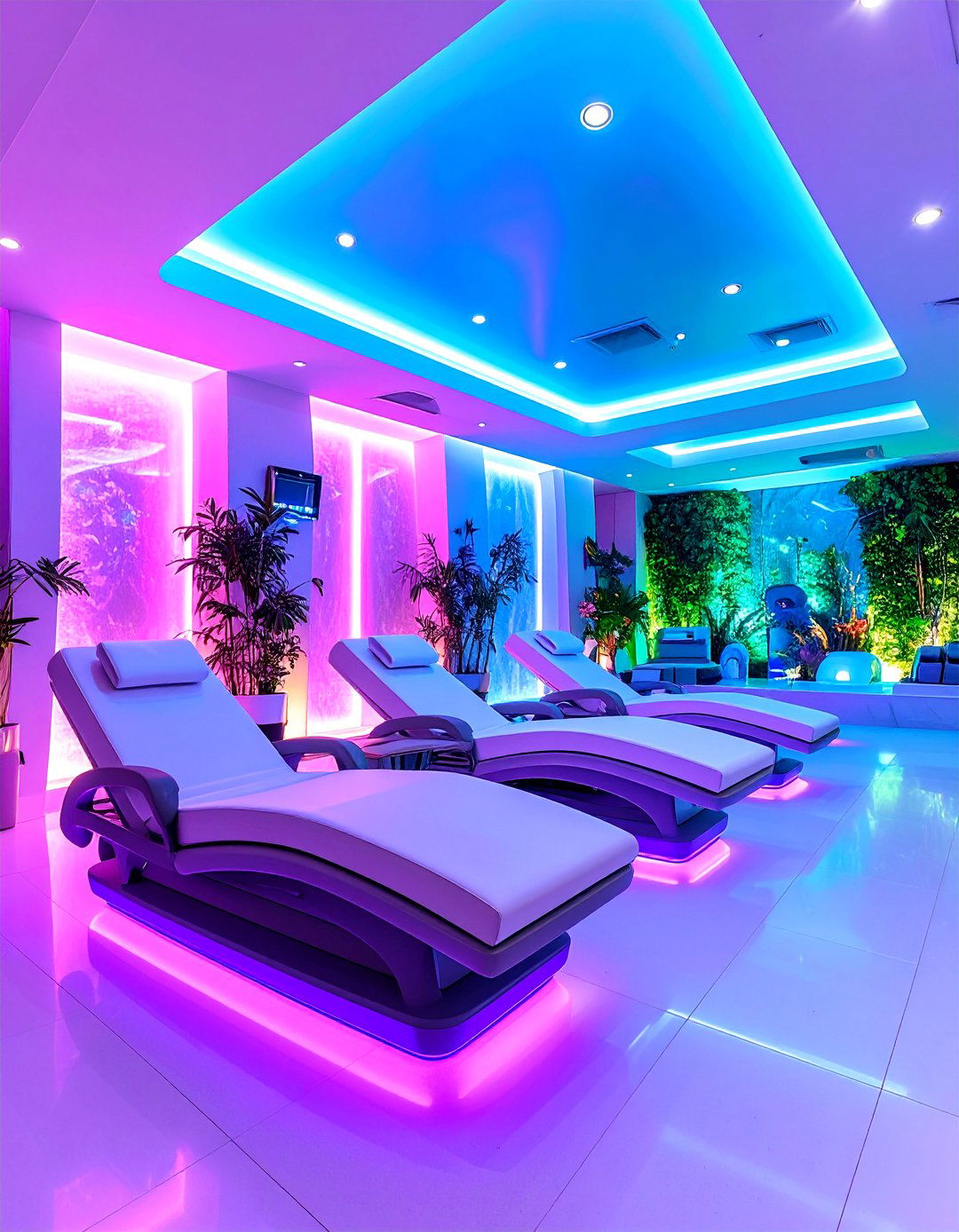
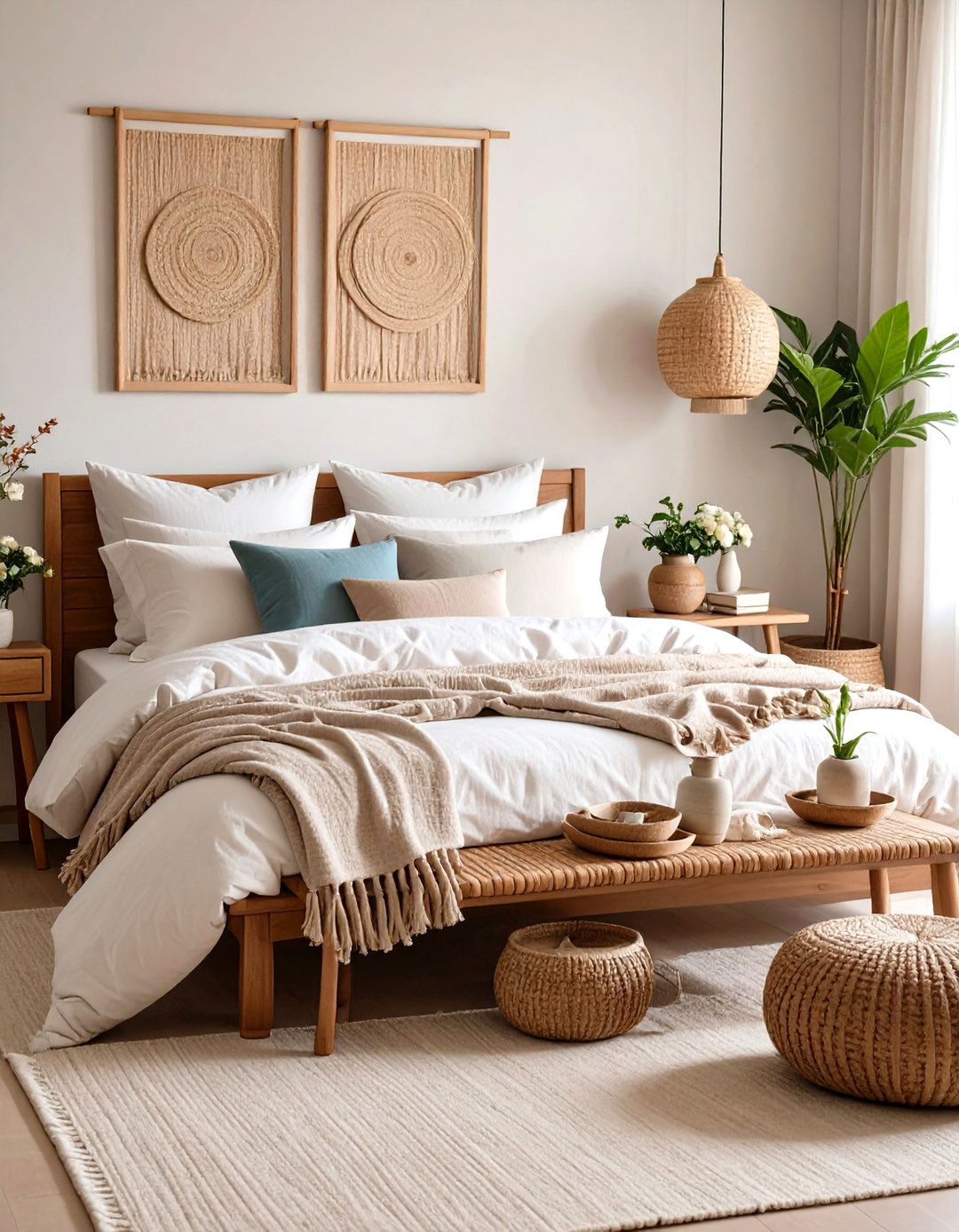
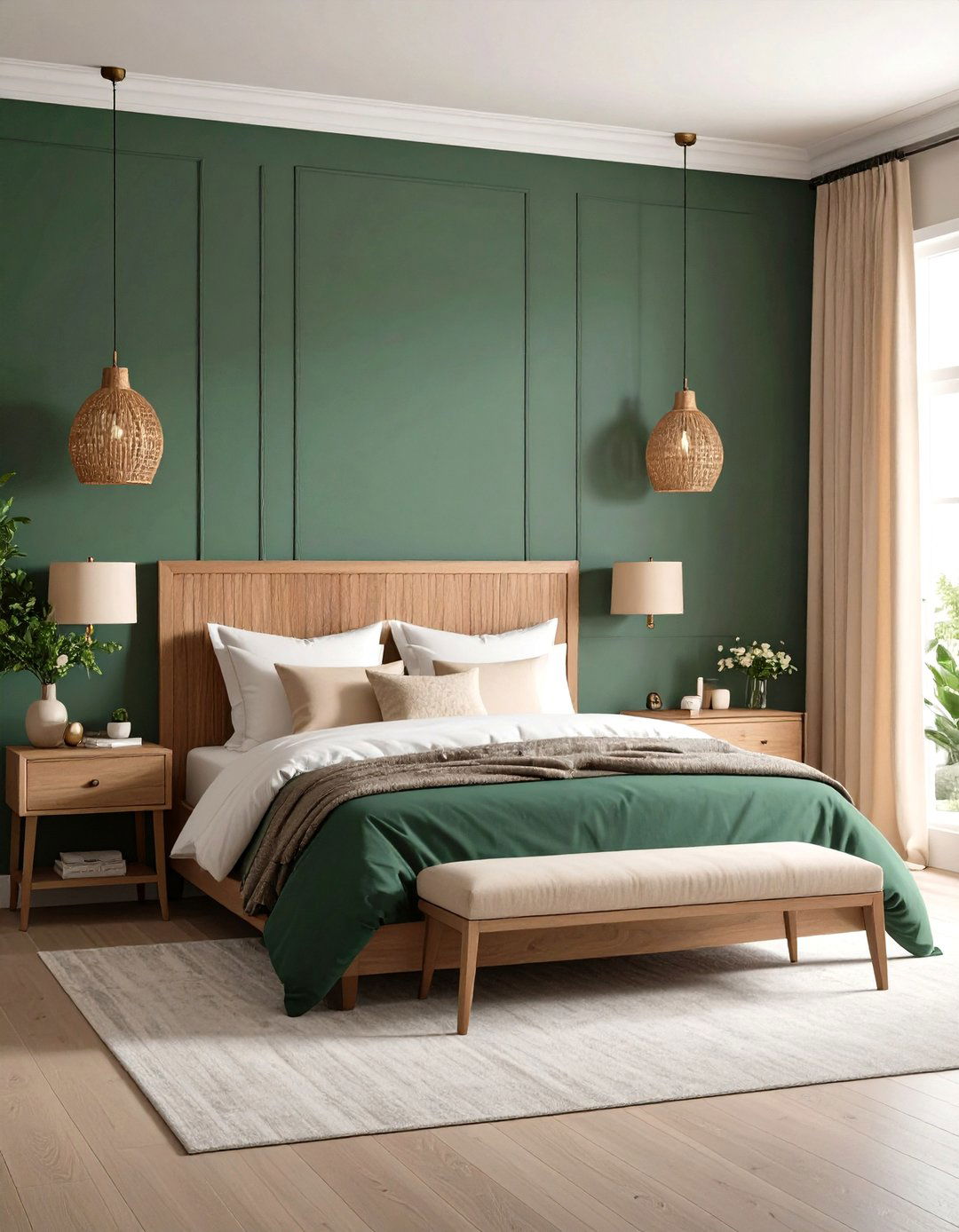
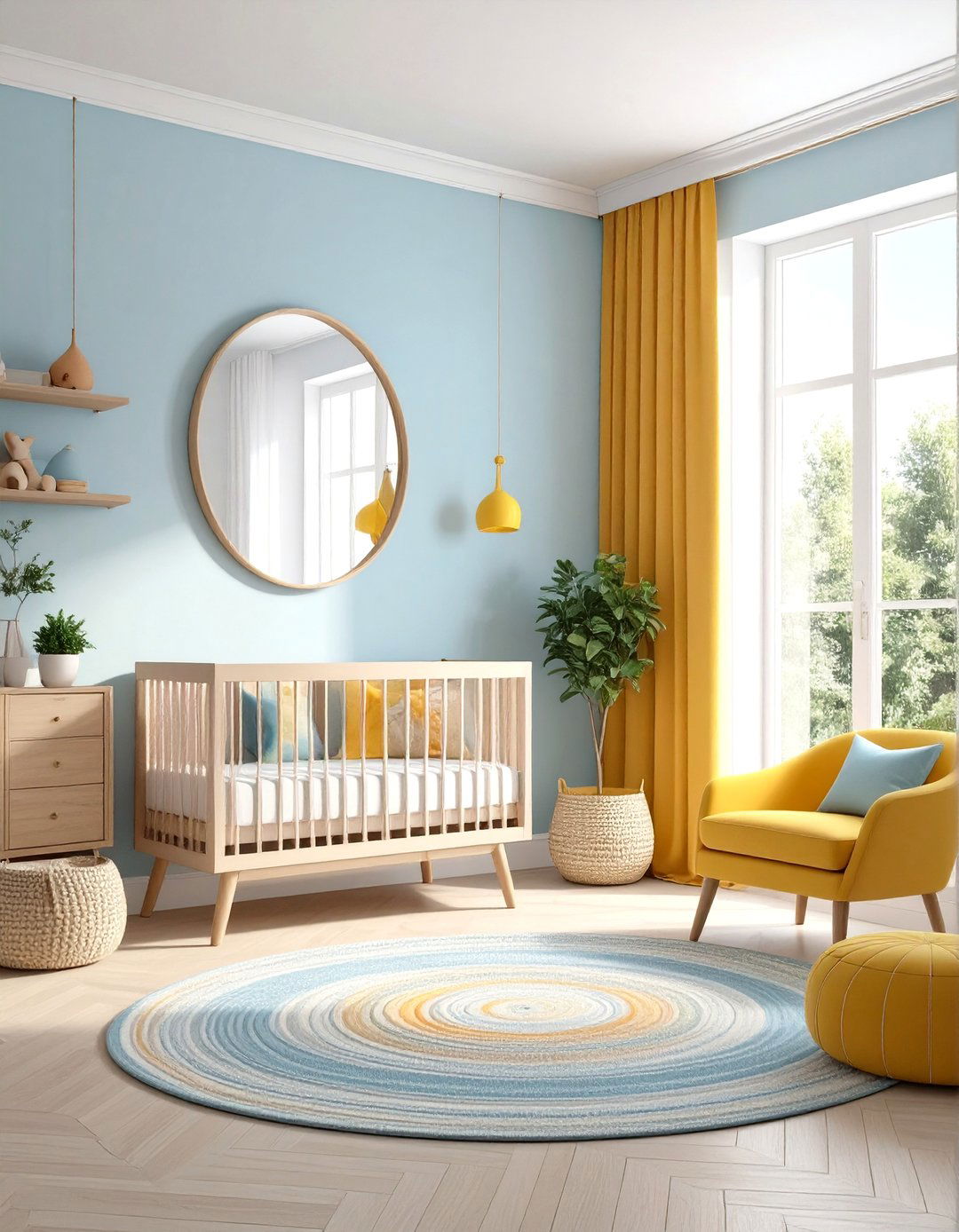


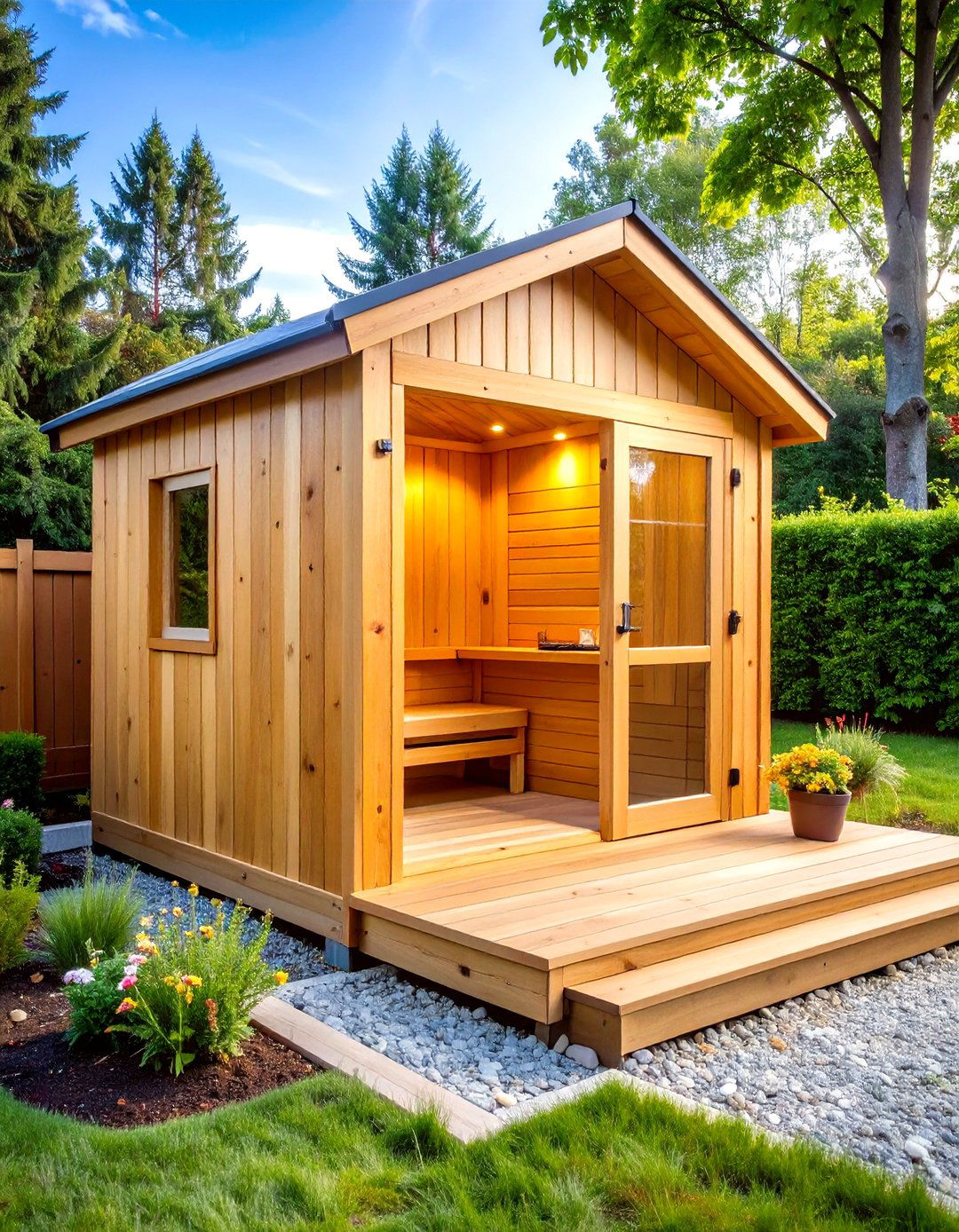
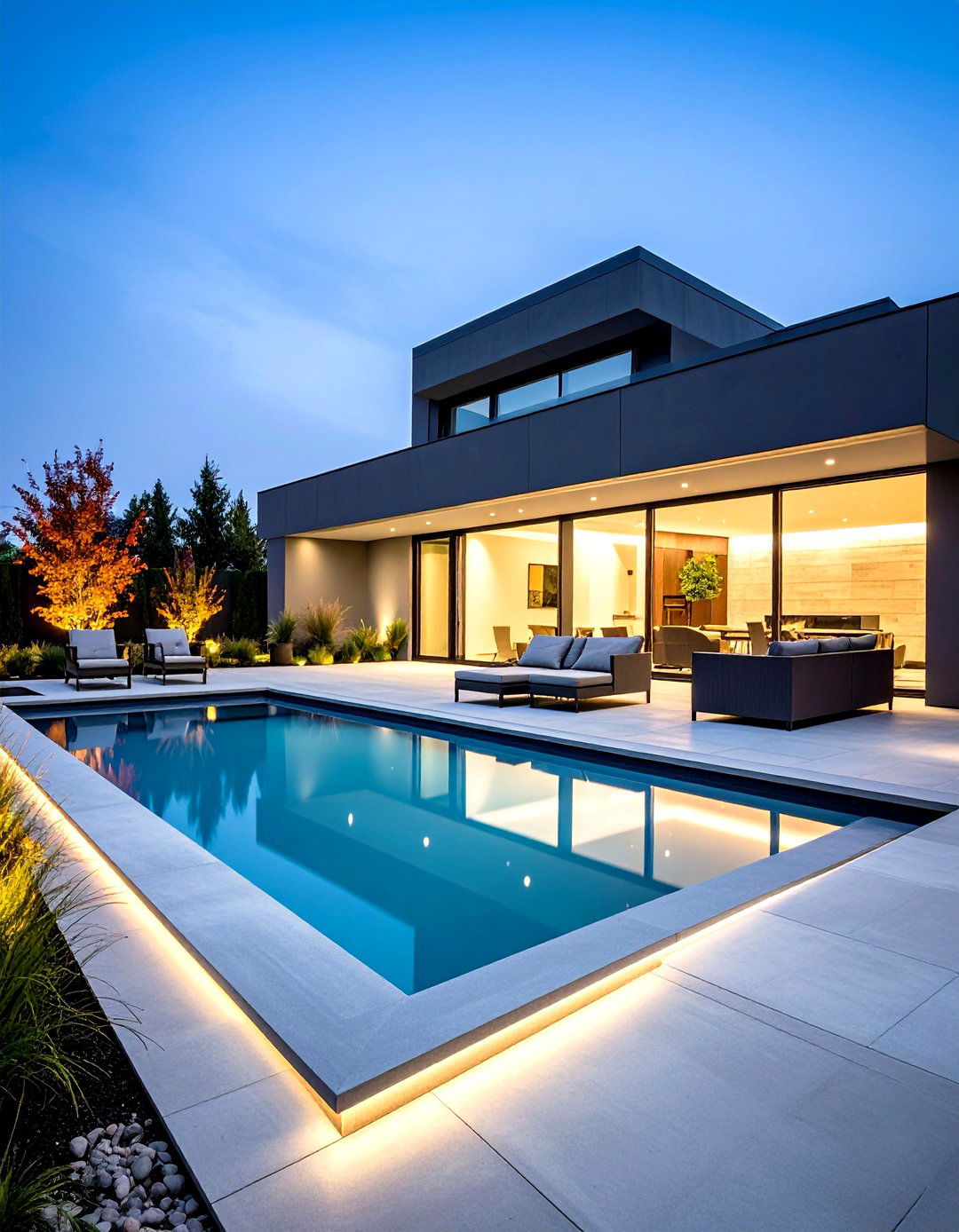

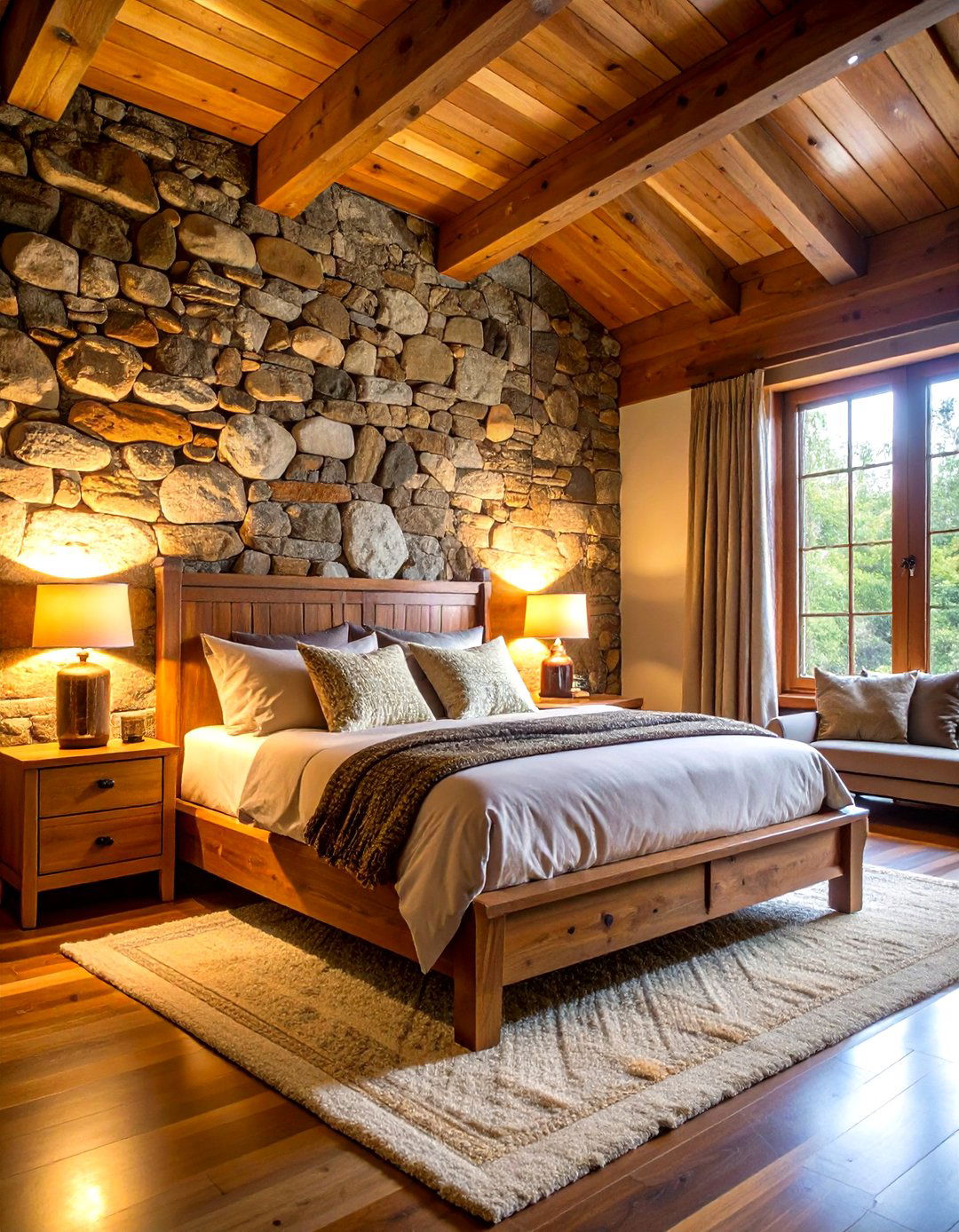
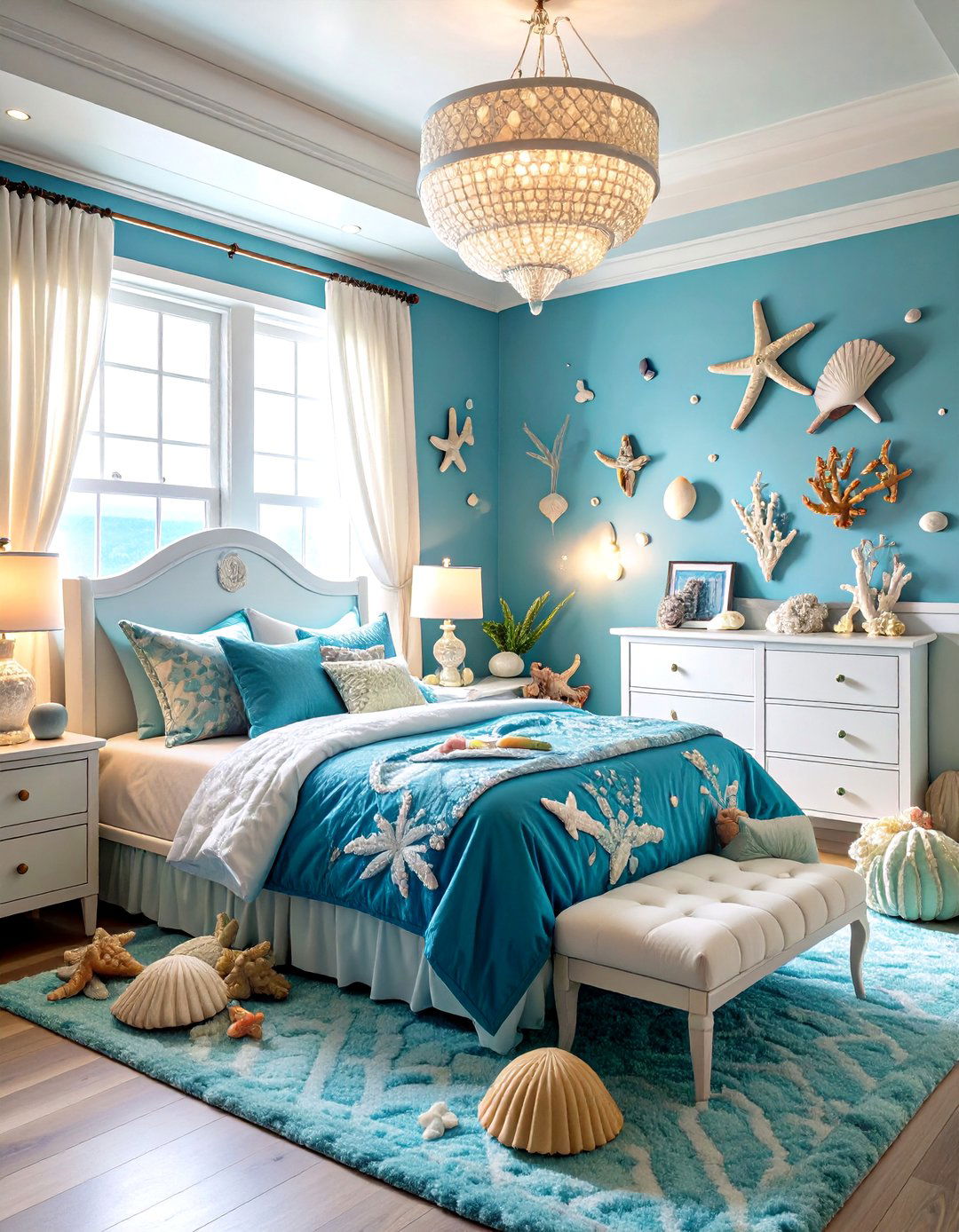
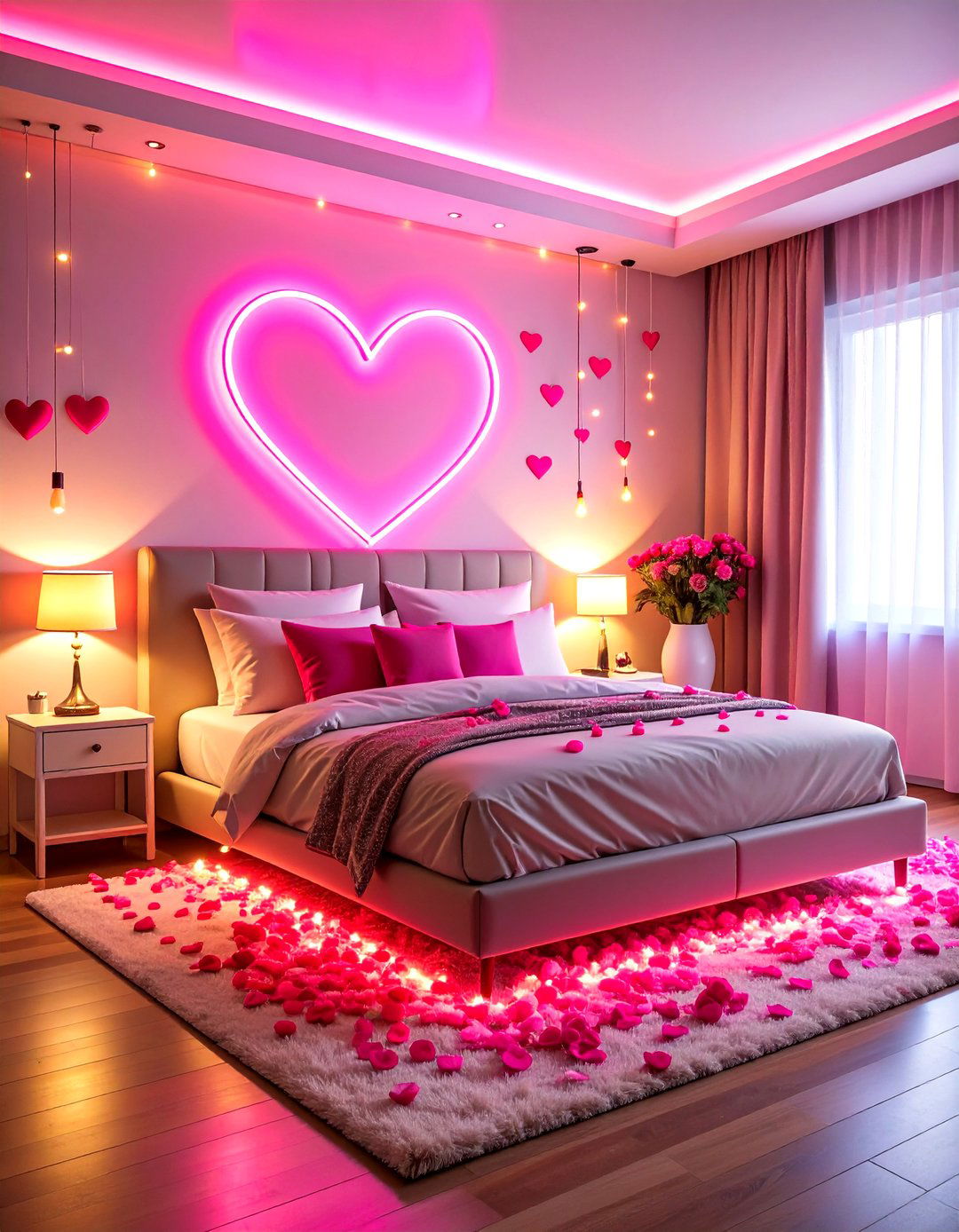
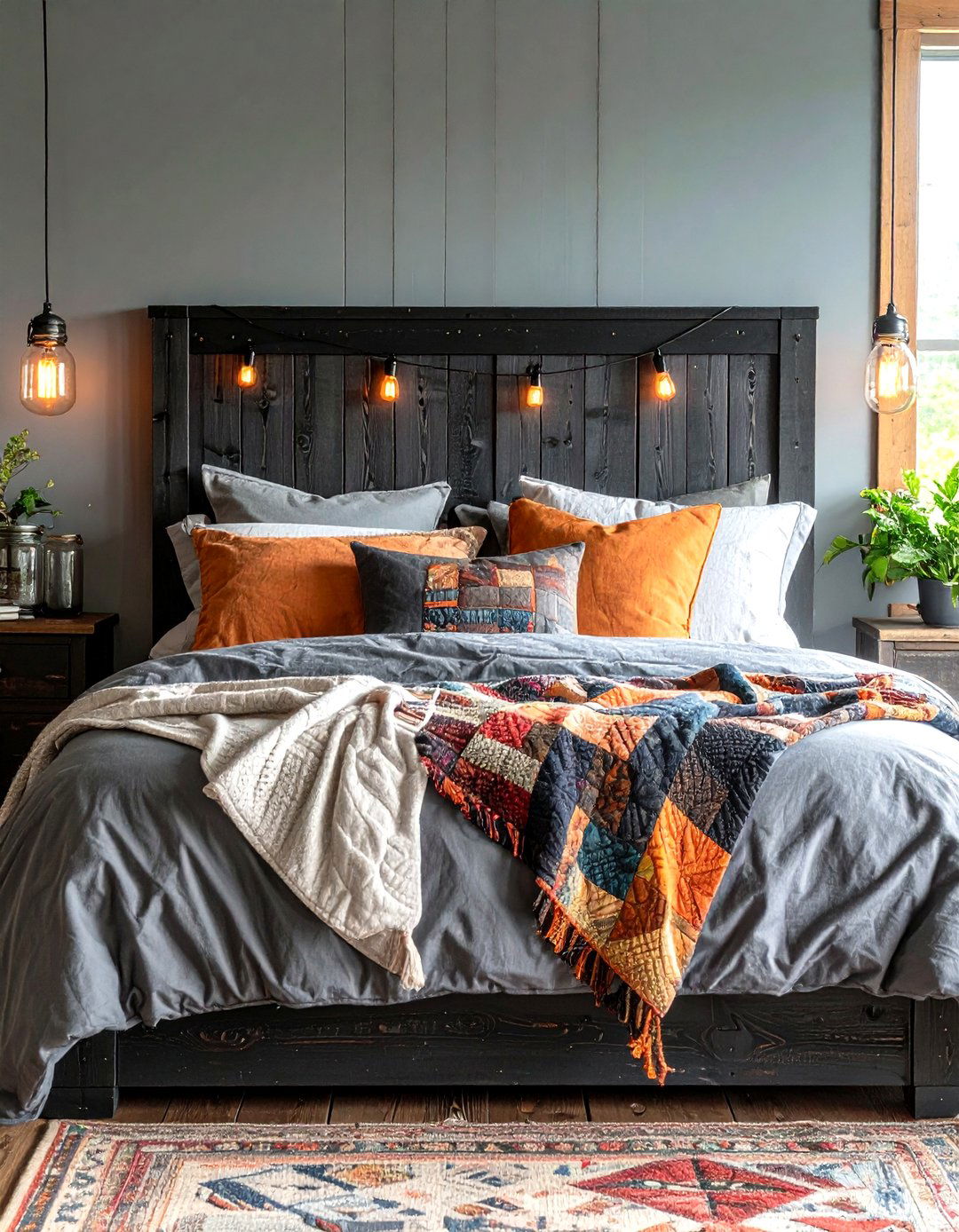
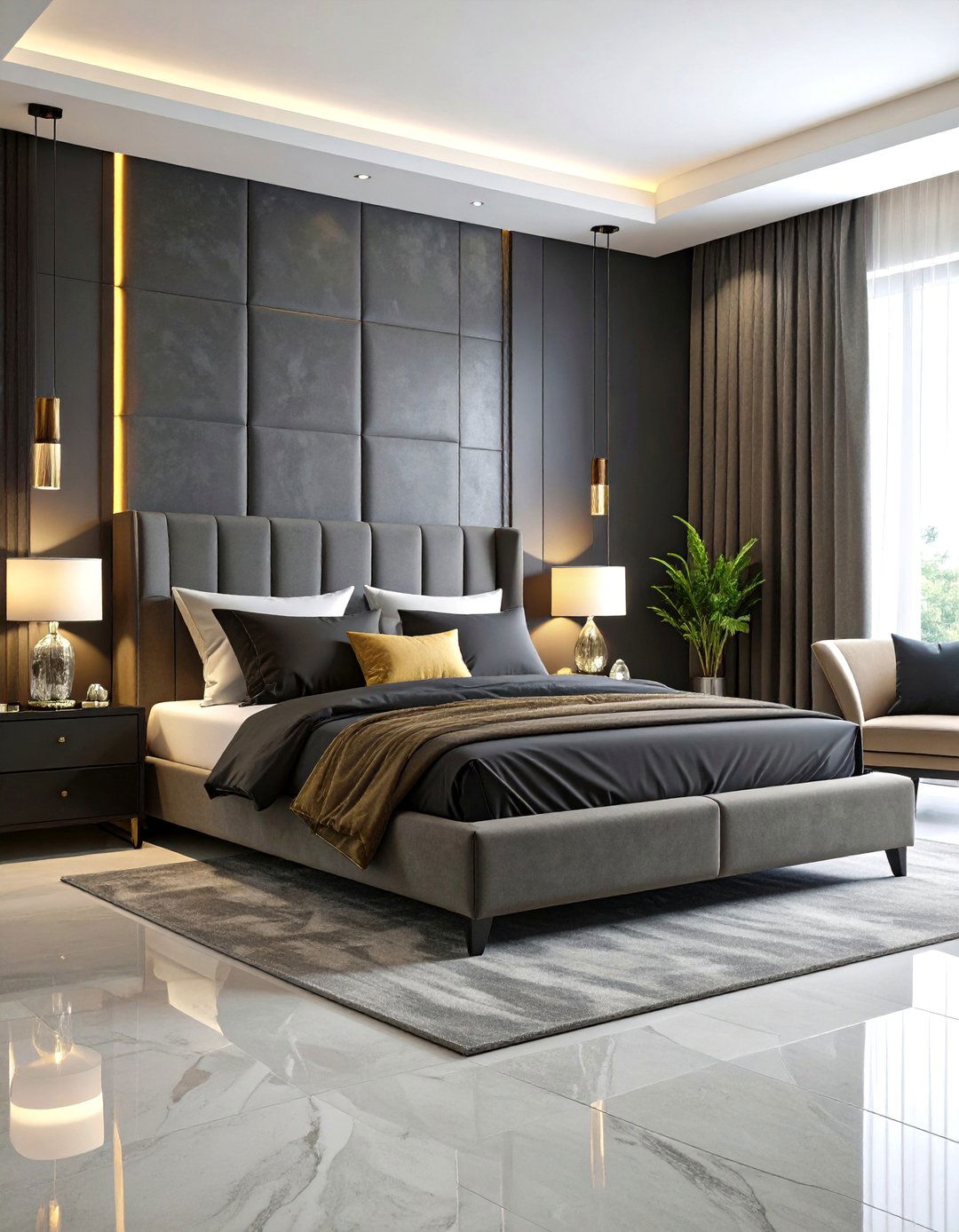
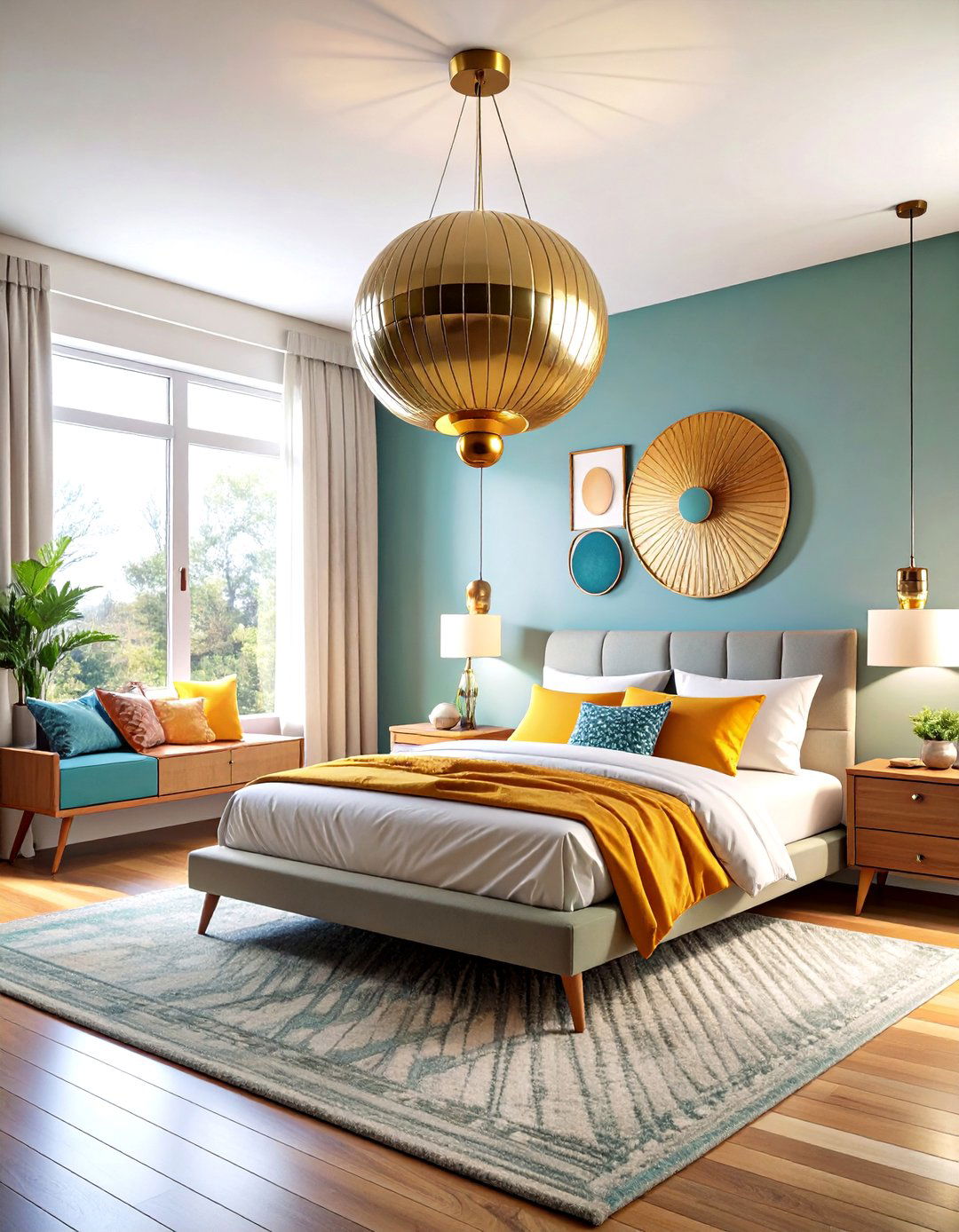
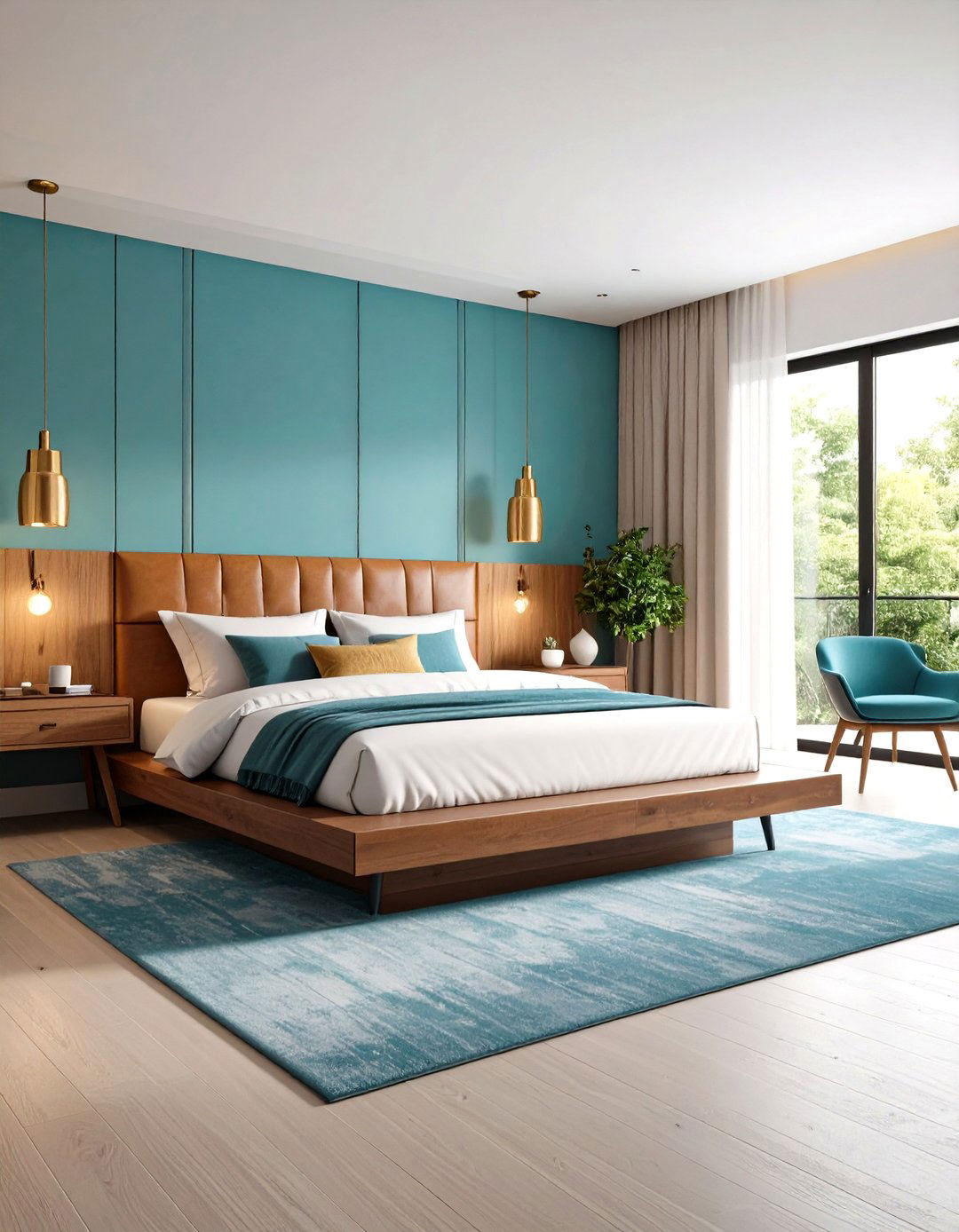
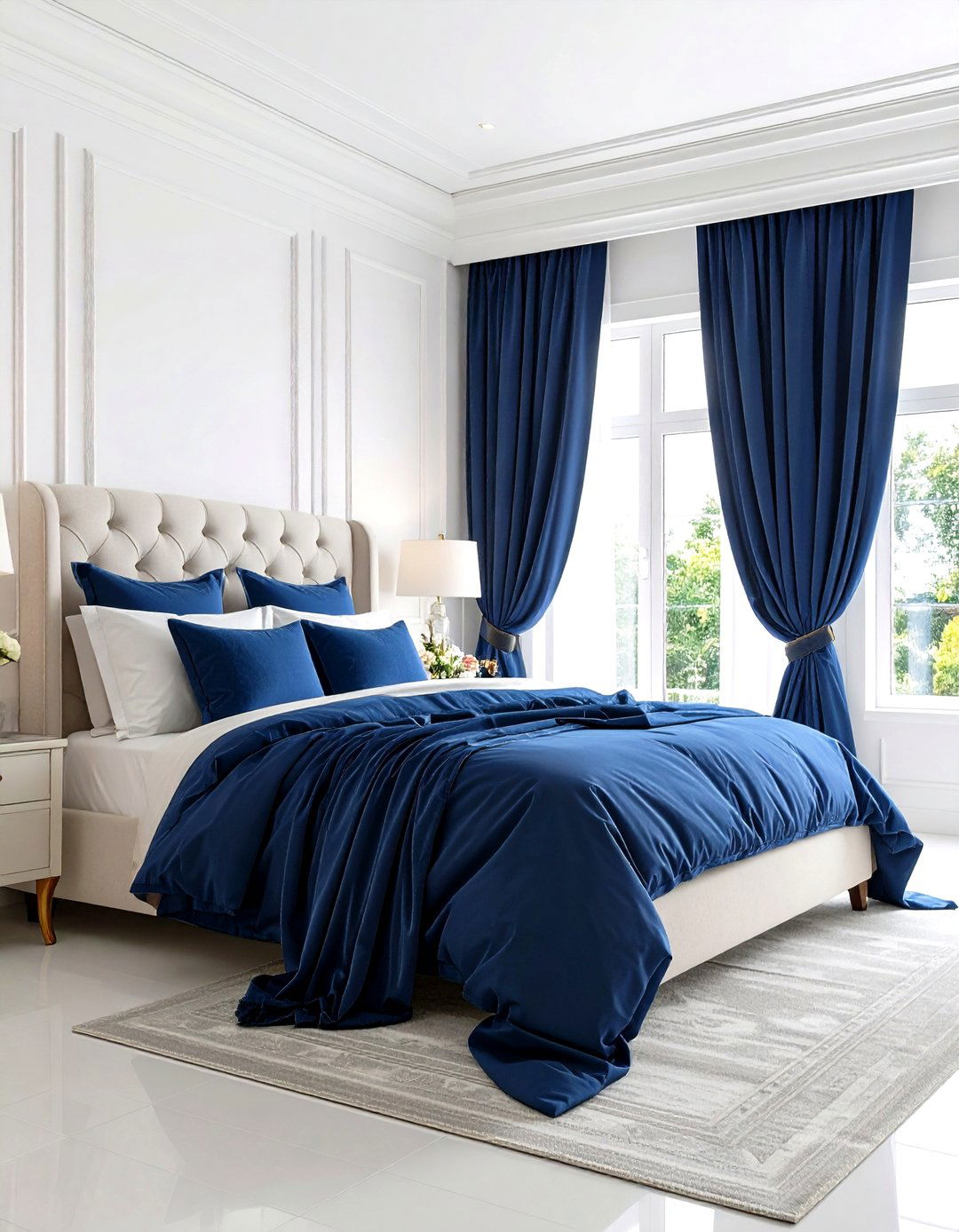
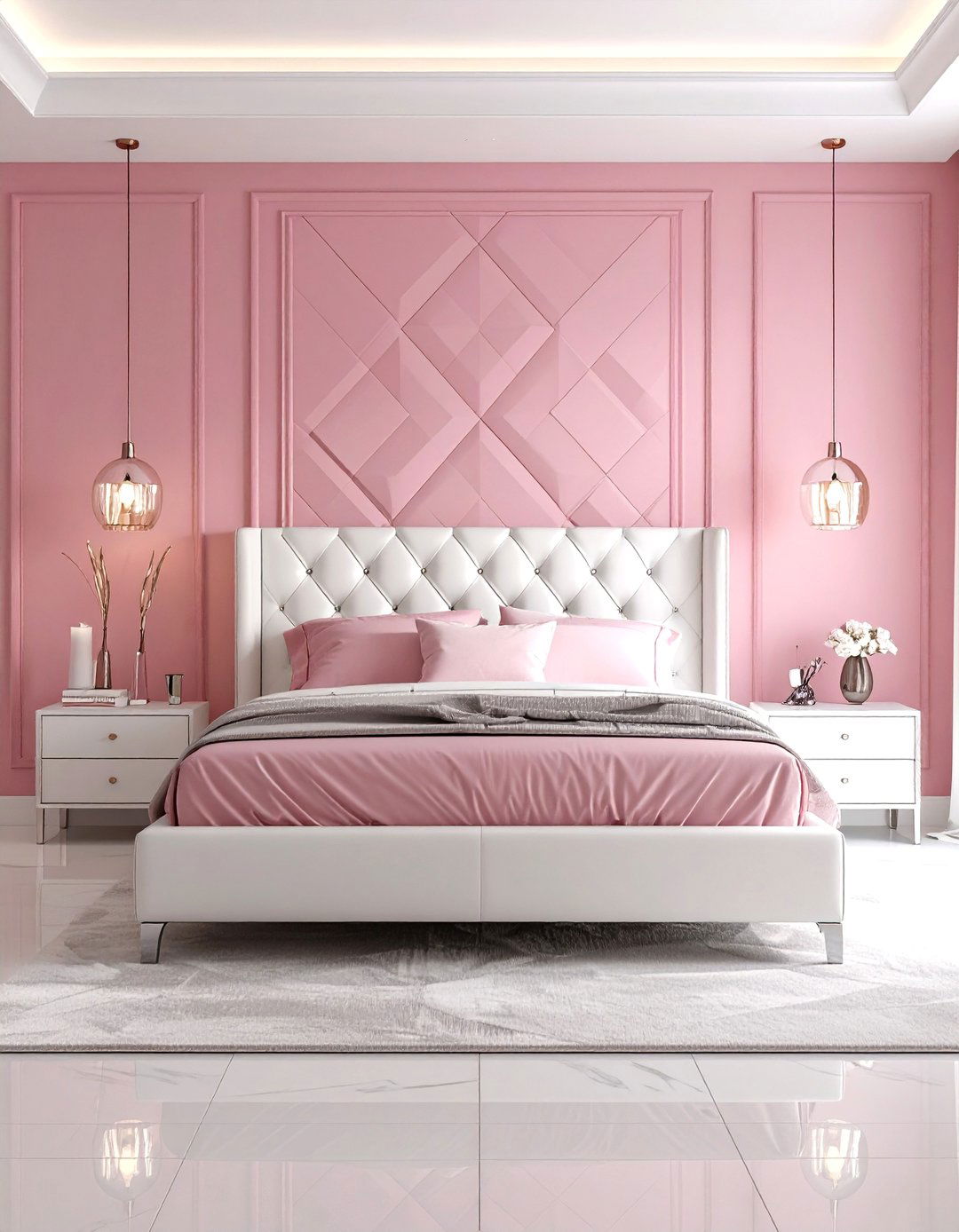
Leave a Reply